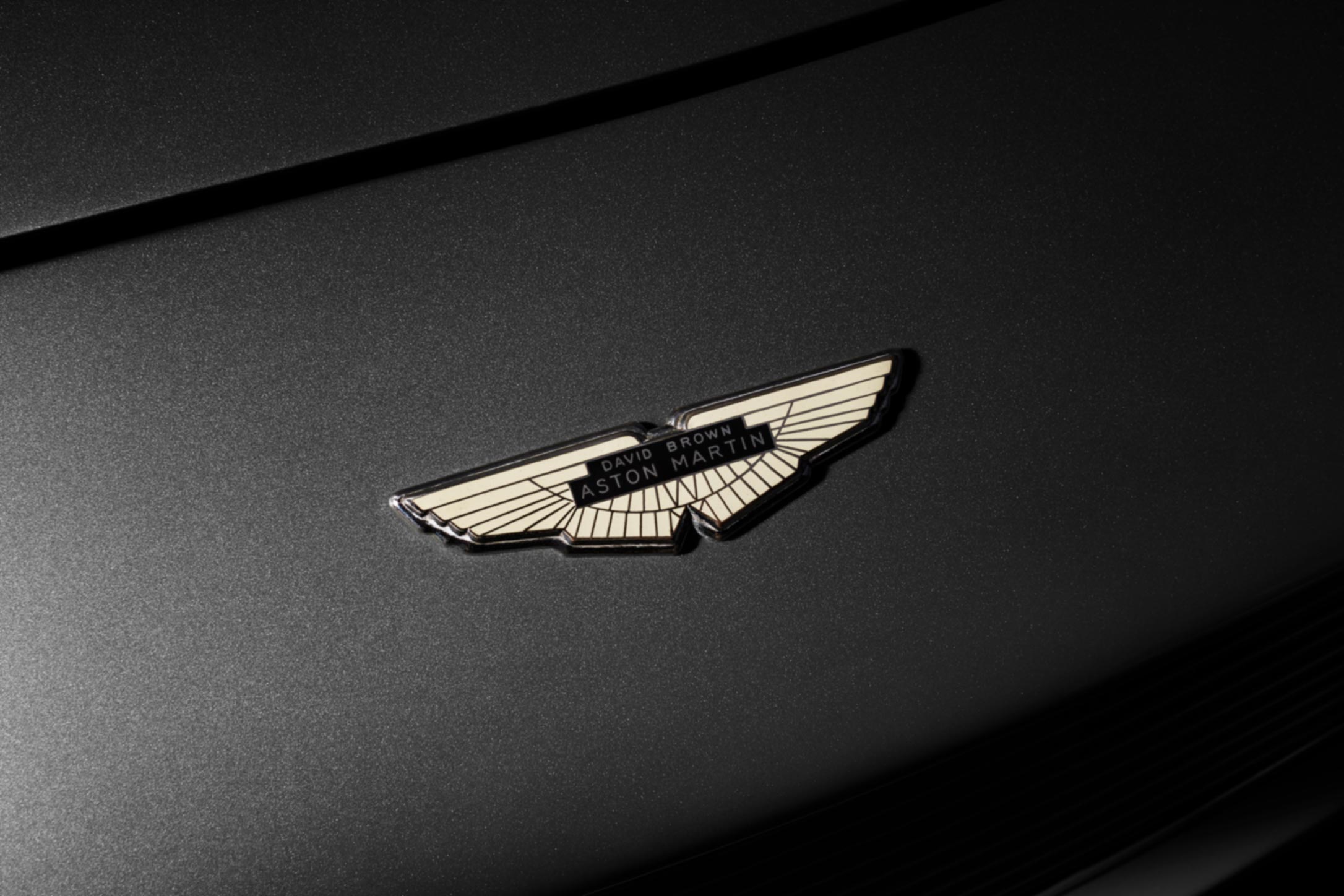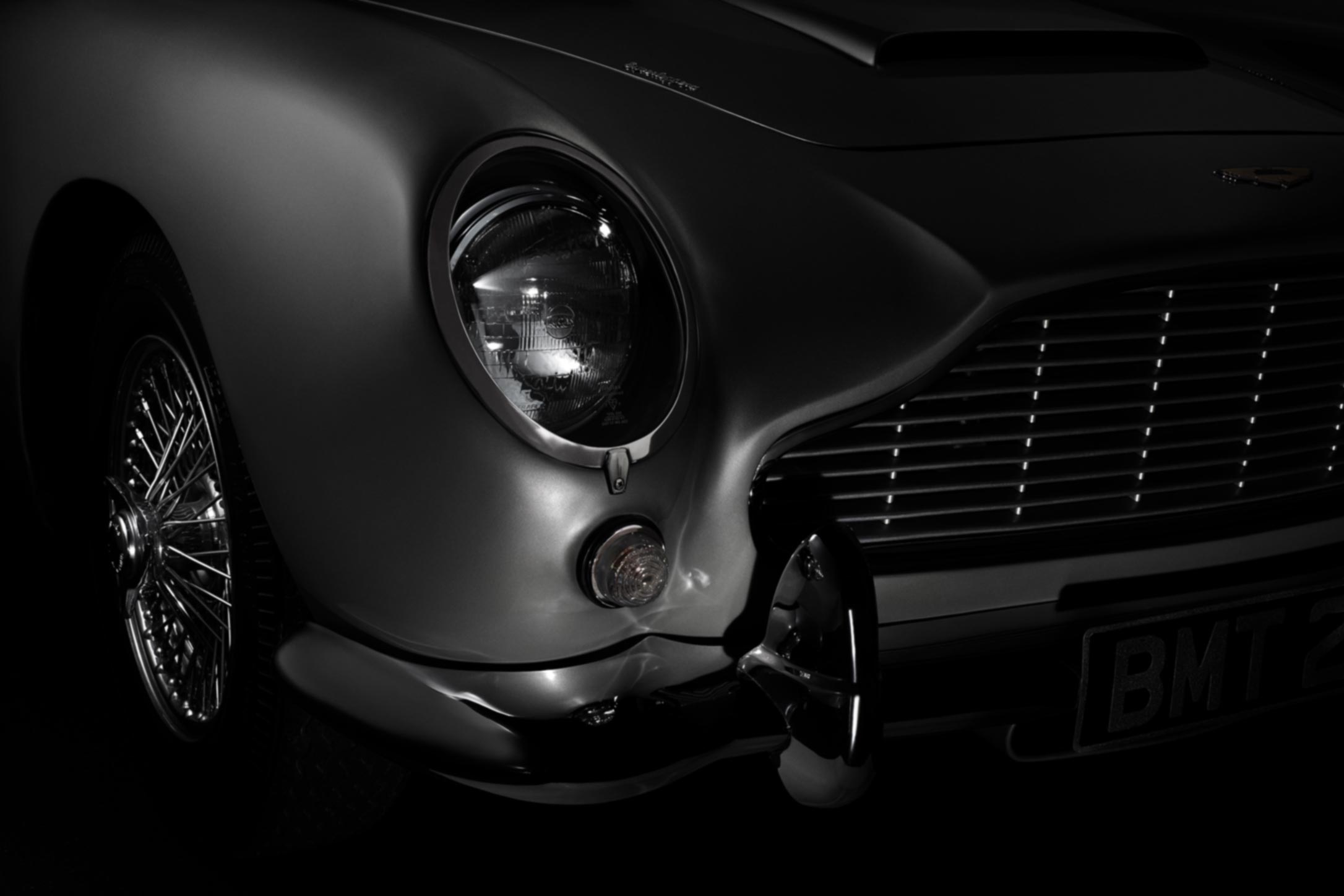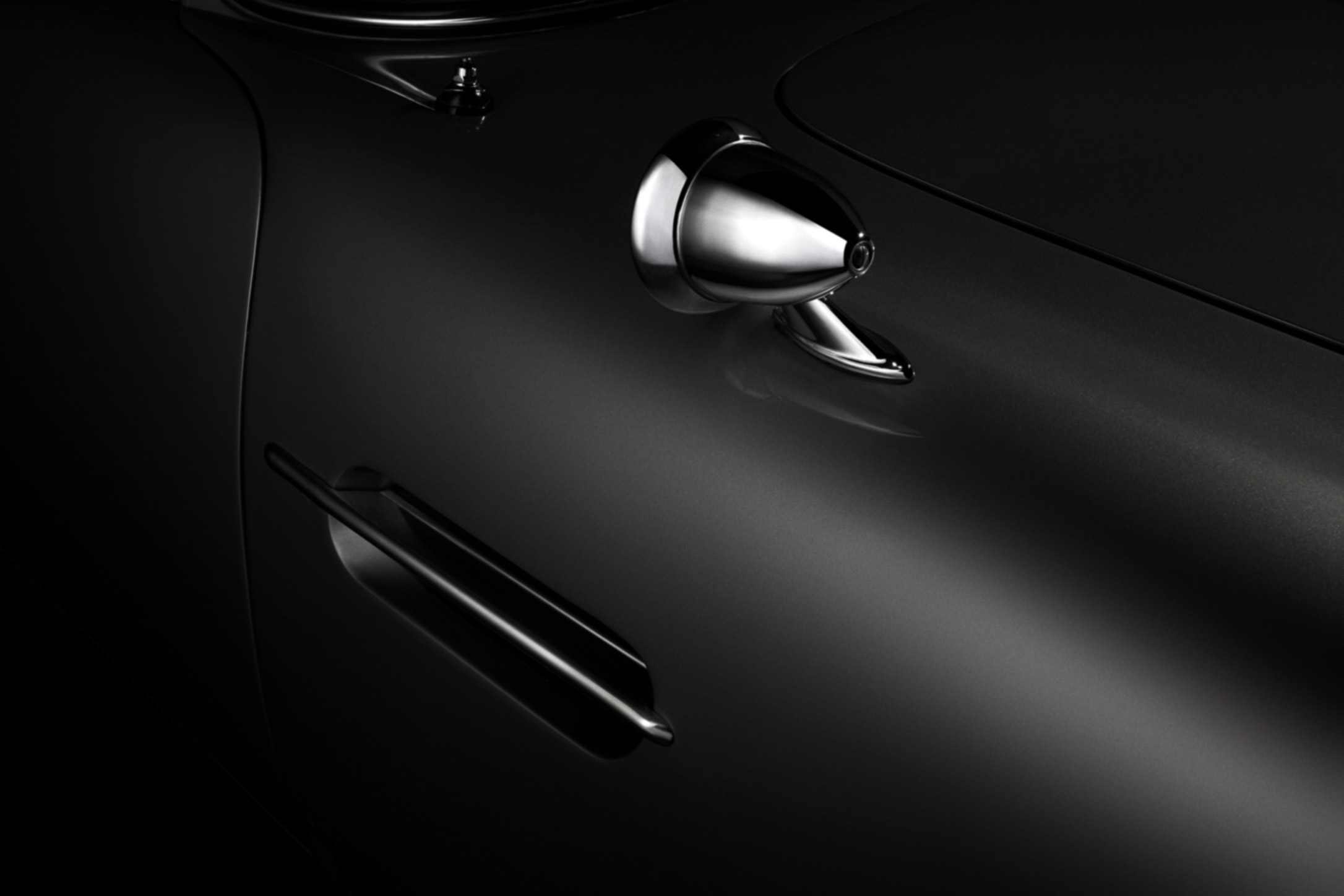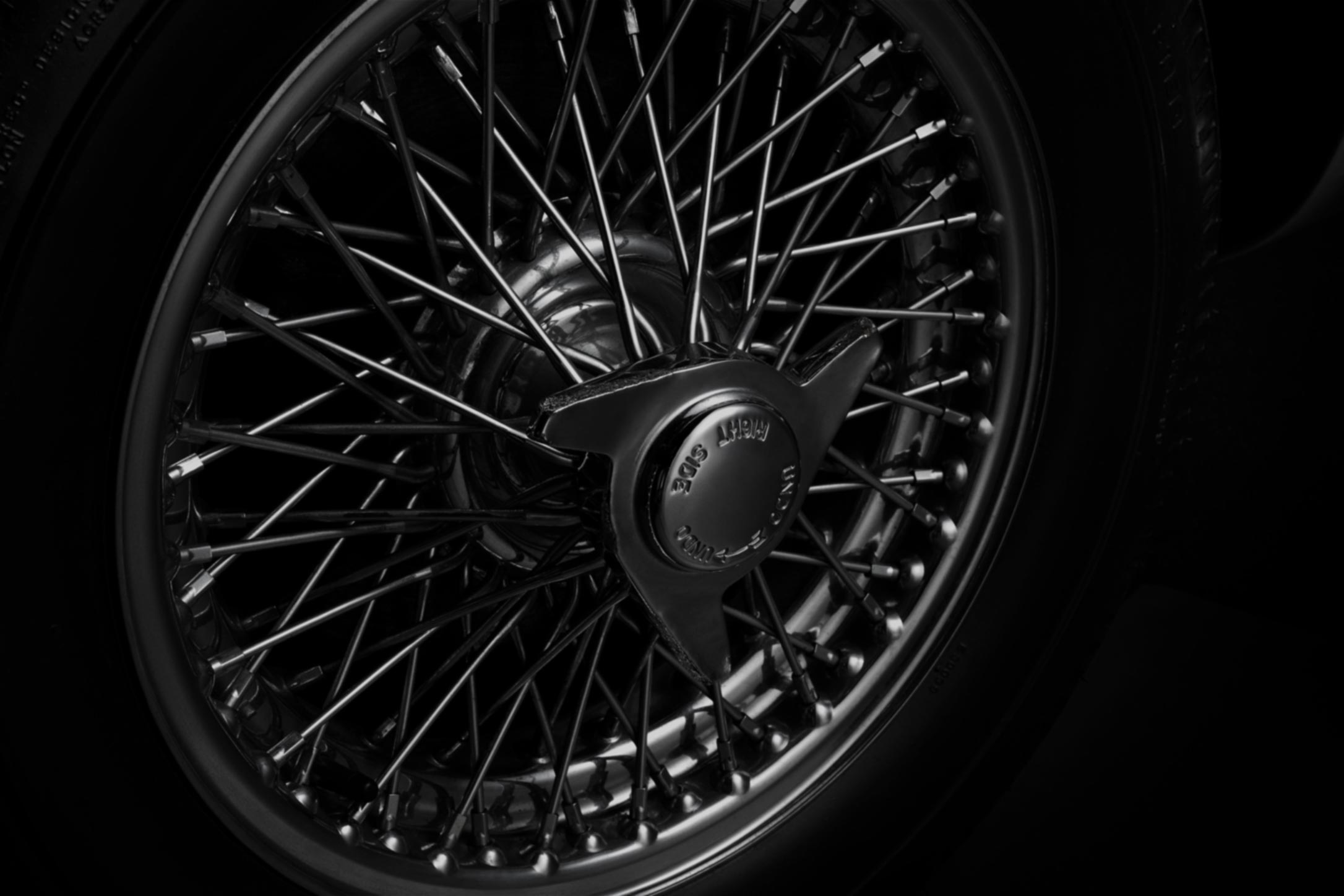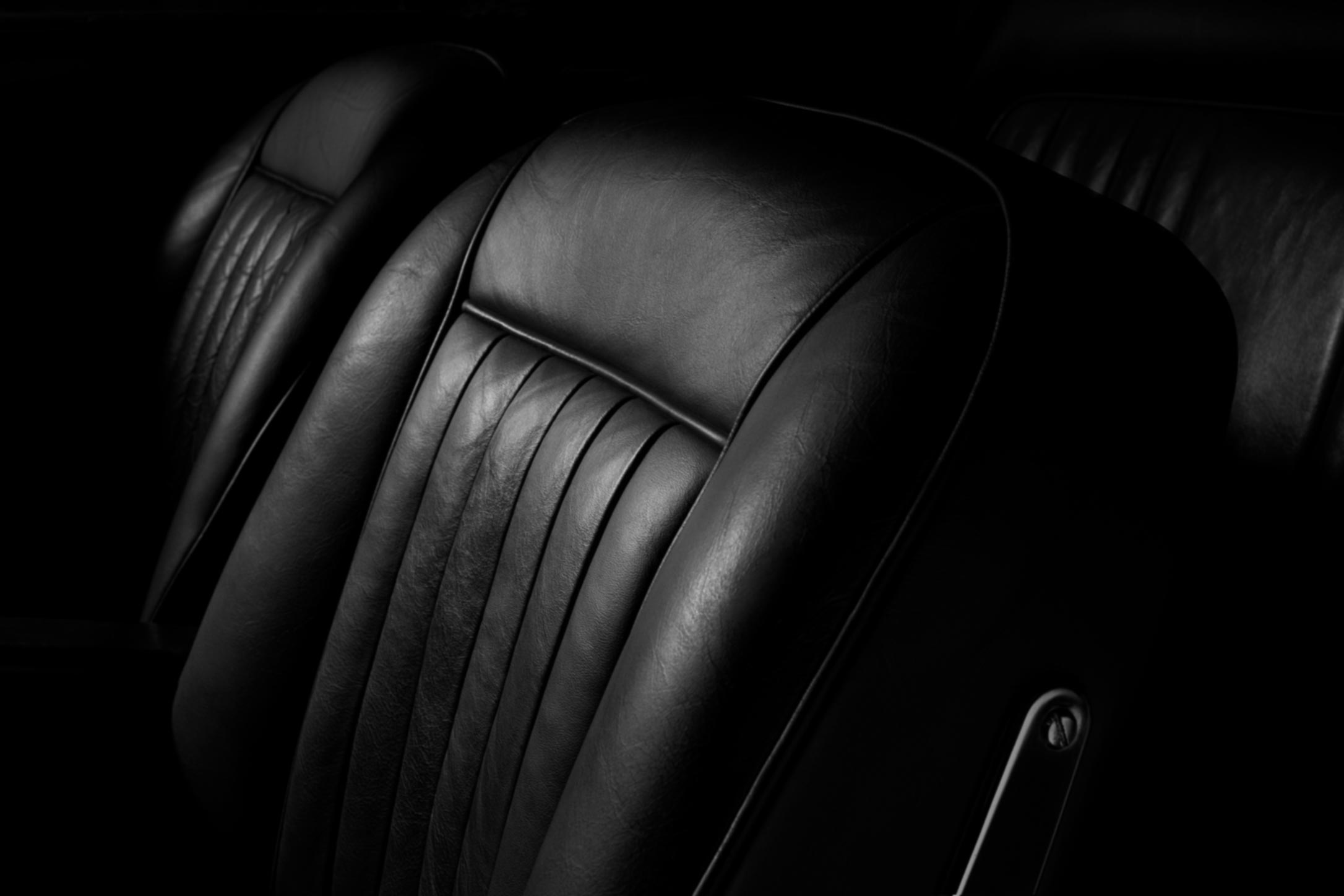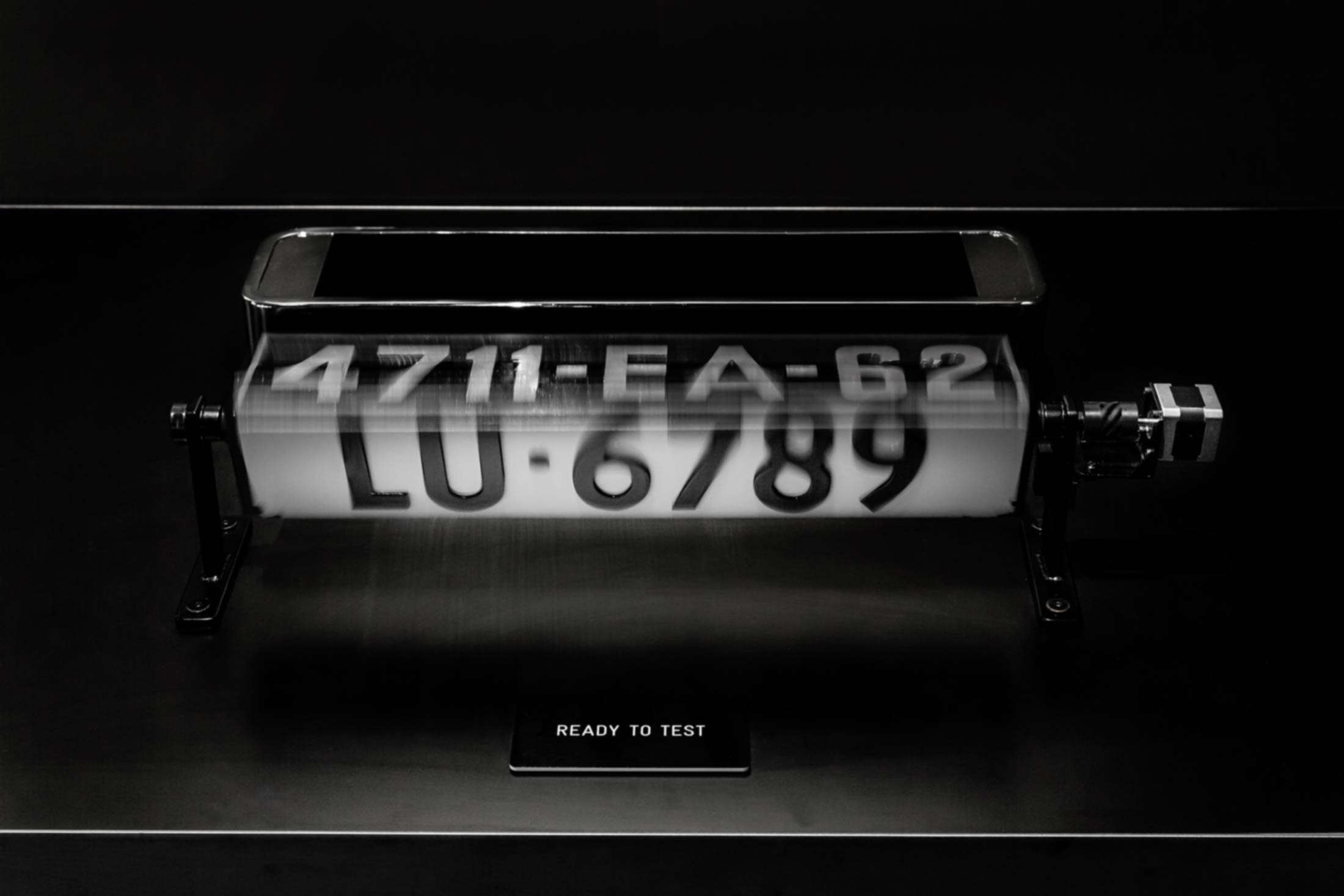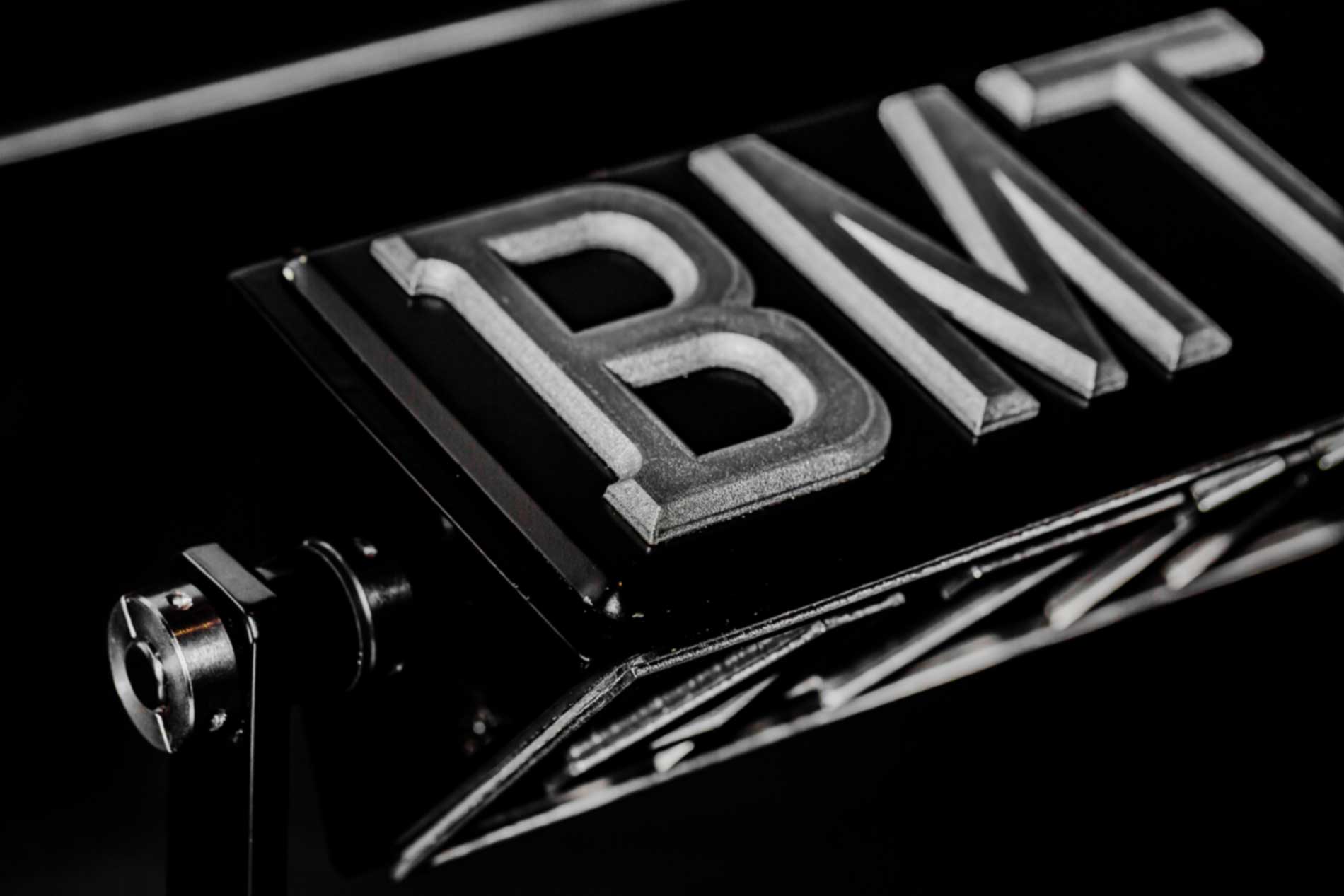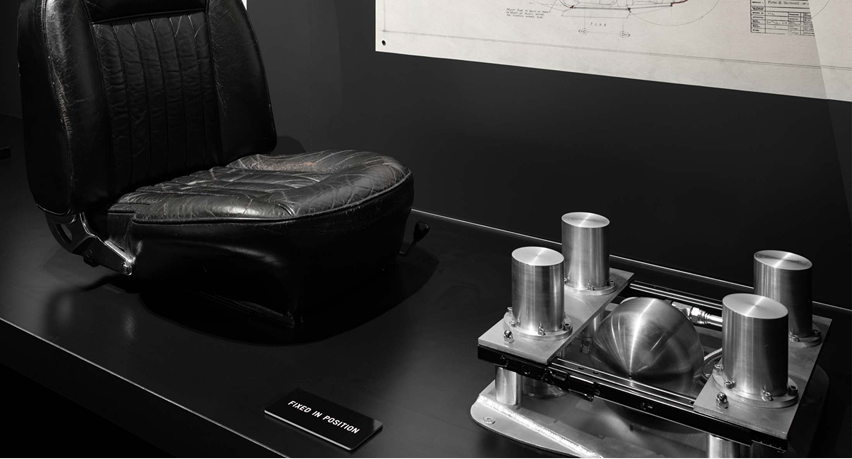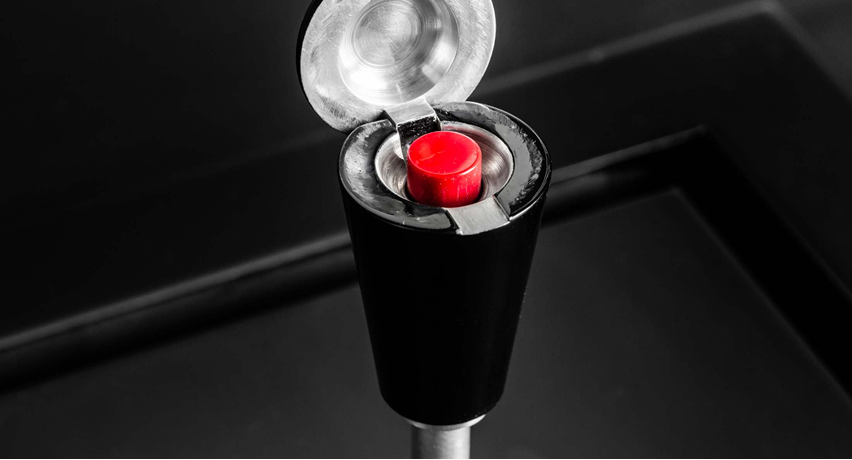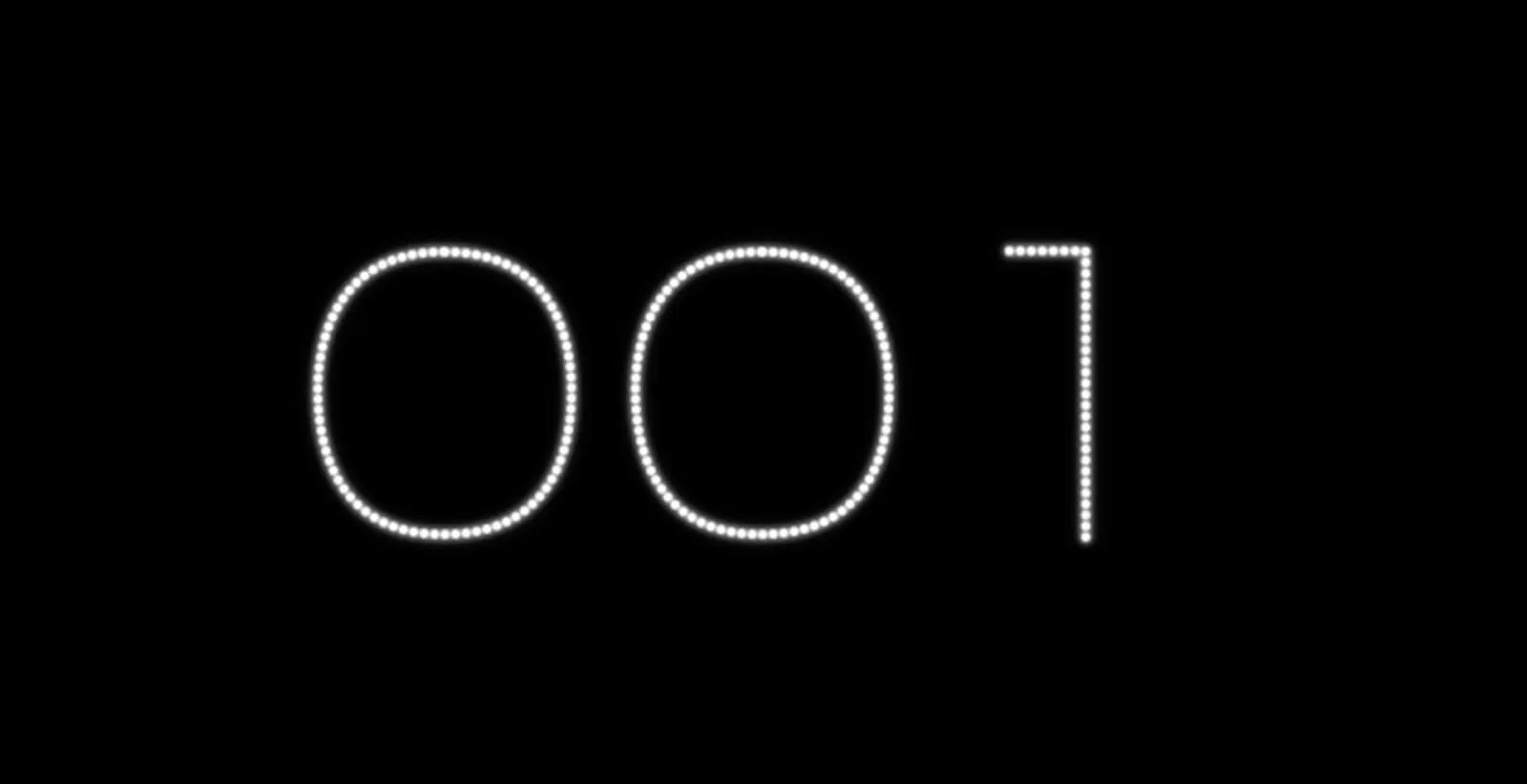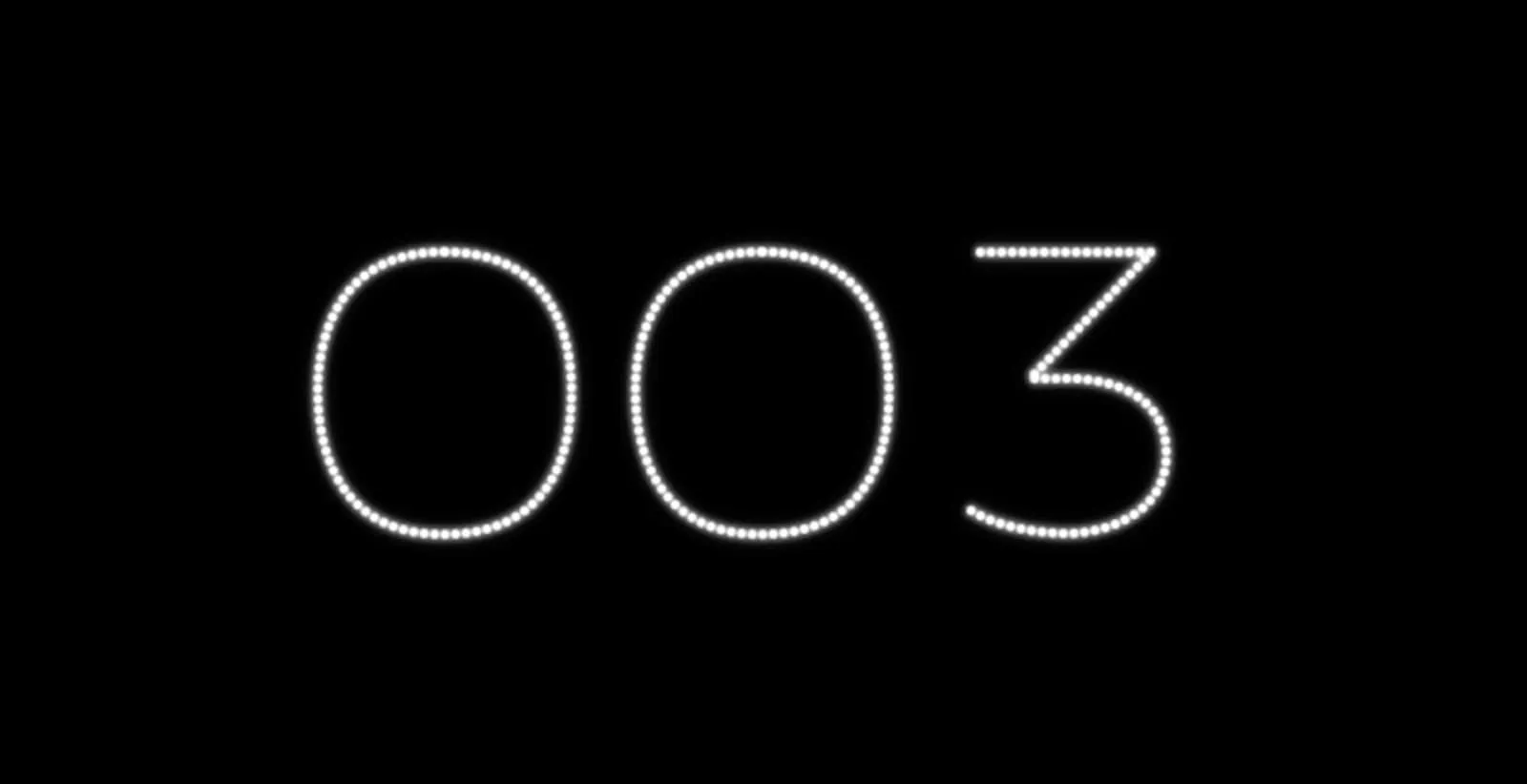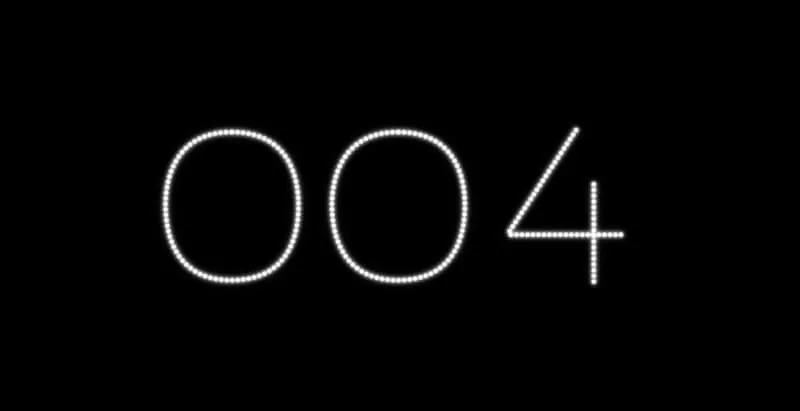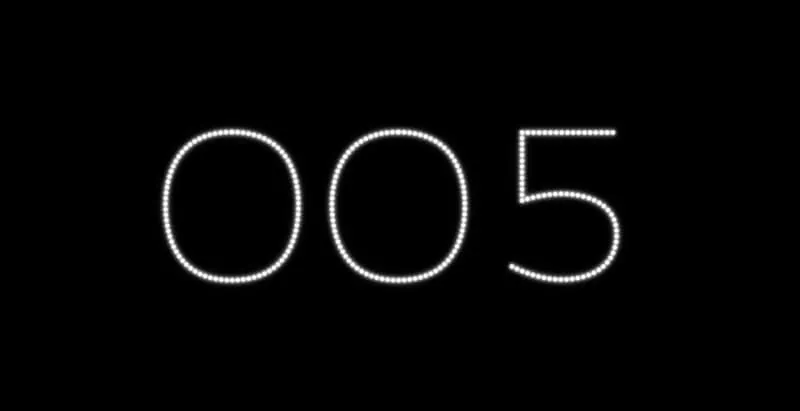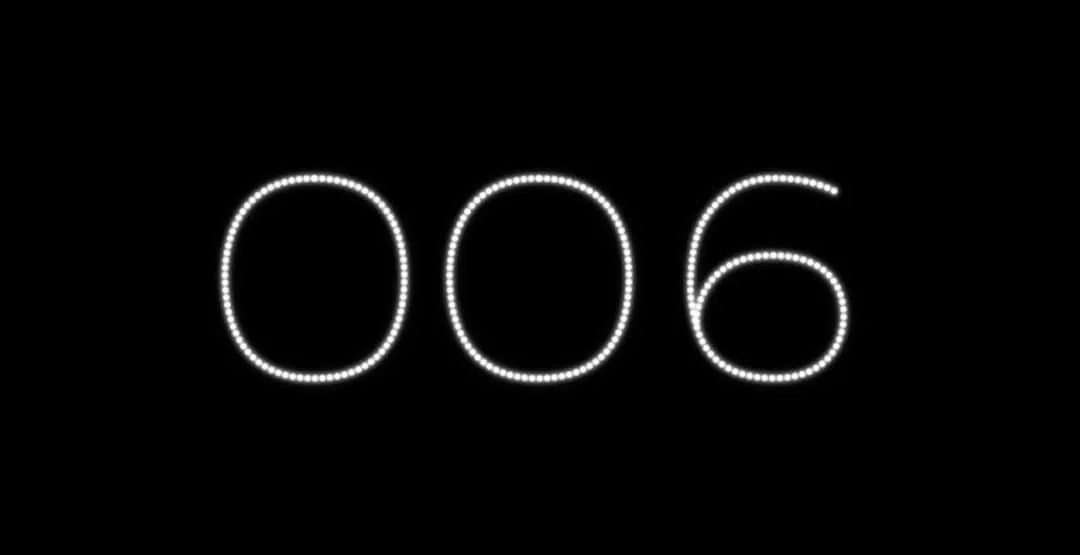
007☓SPYSCAPE is an exhibition launched at SPYSCAPE in MidtownManhattan and produced in collaboration with EON Productions and Metro Goldwyn Mayer Studios (MGM).
As you scroll through the content below you will find never before seenimages, original interviews, custom animations and a video montage of iconicscenes featuring James Bond’s Aston Martin DB5 spanning over 50 years.
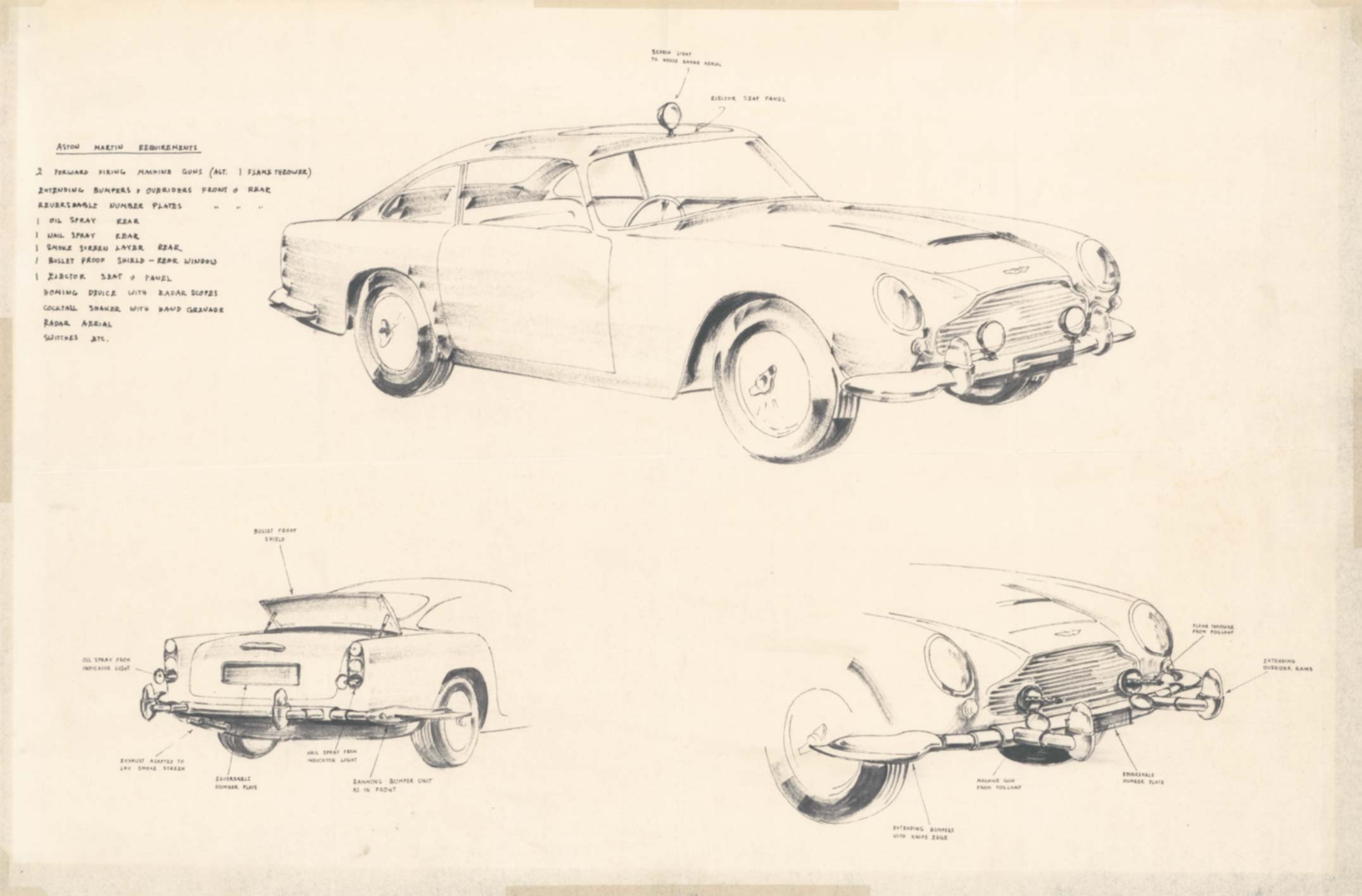
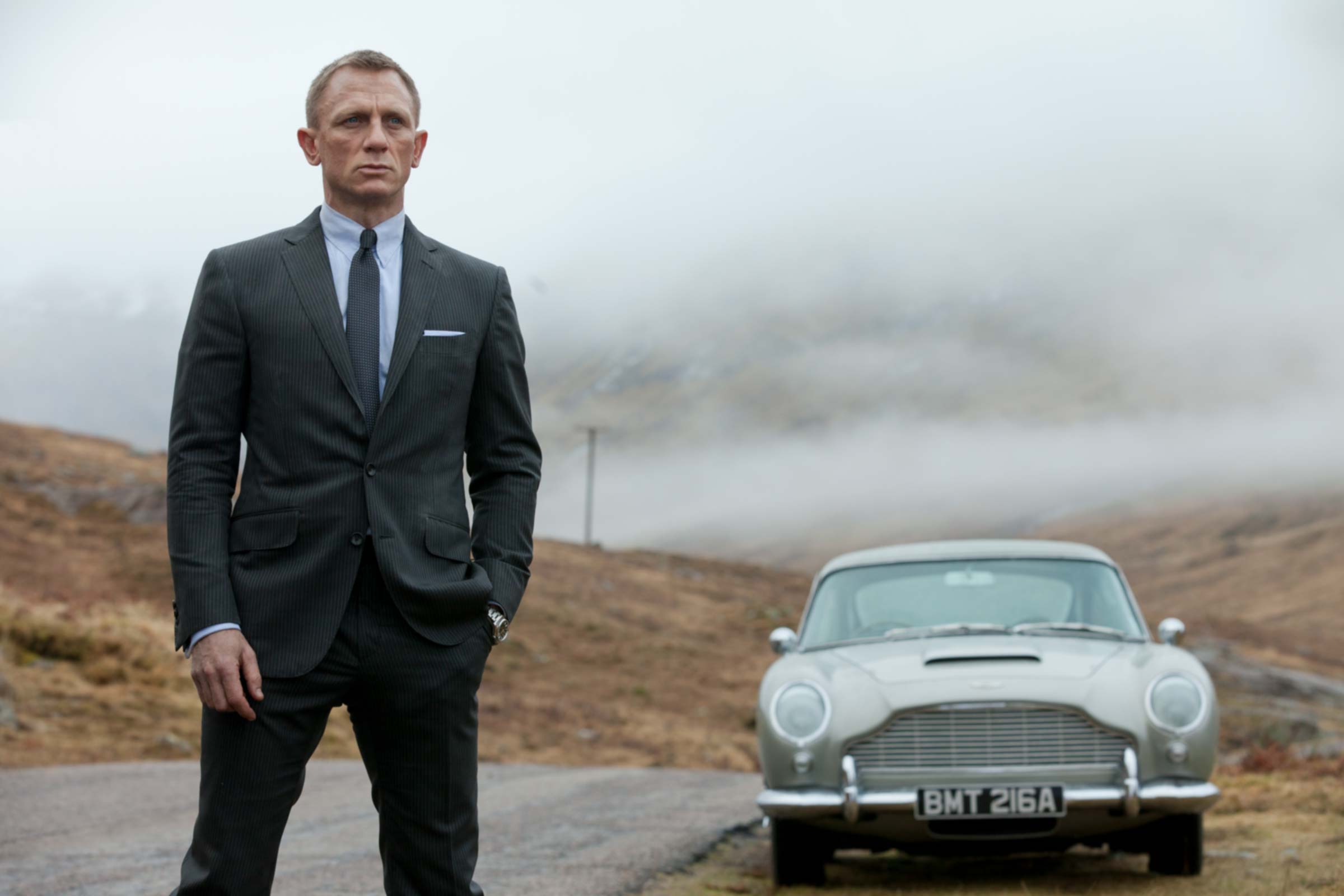
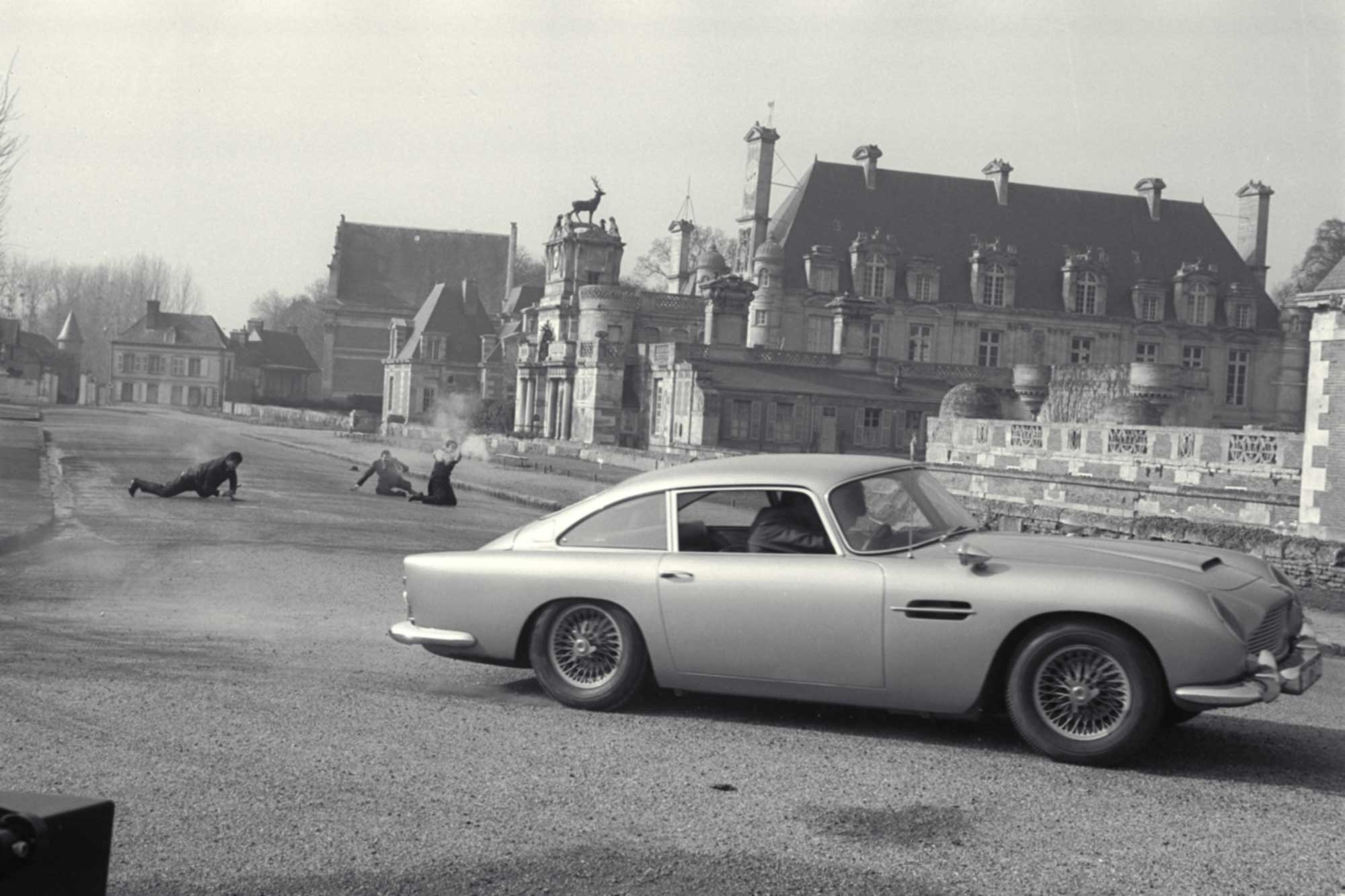
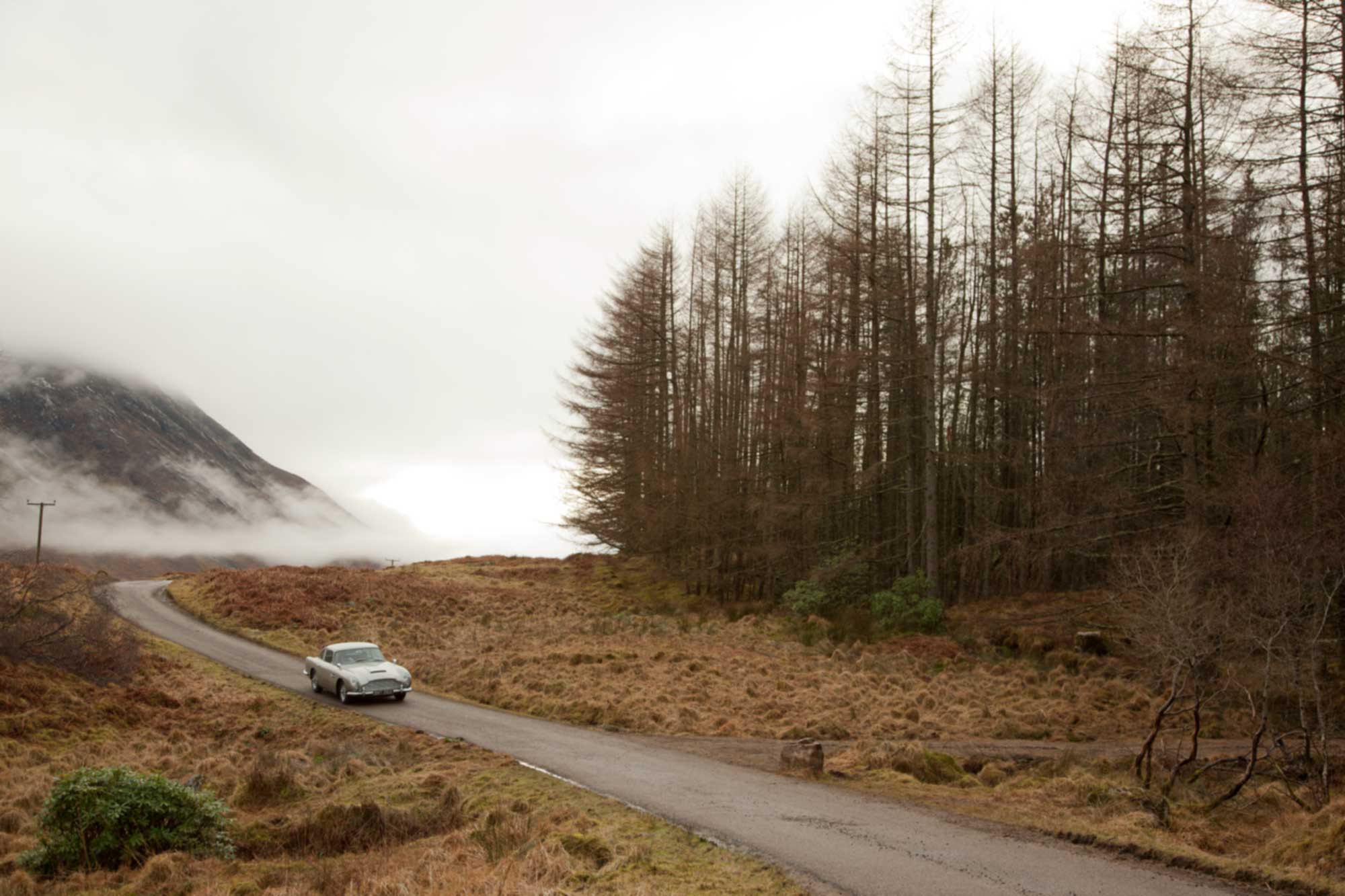
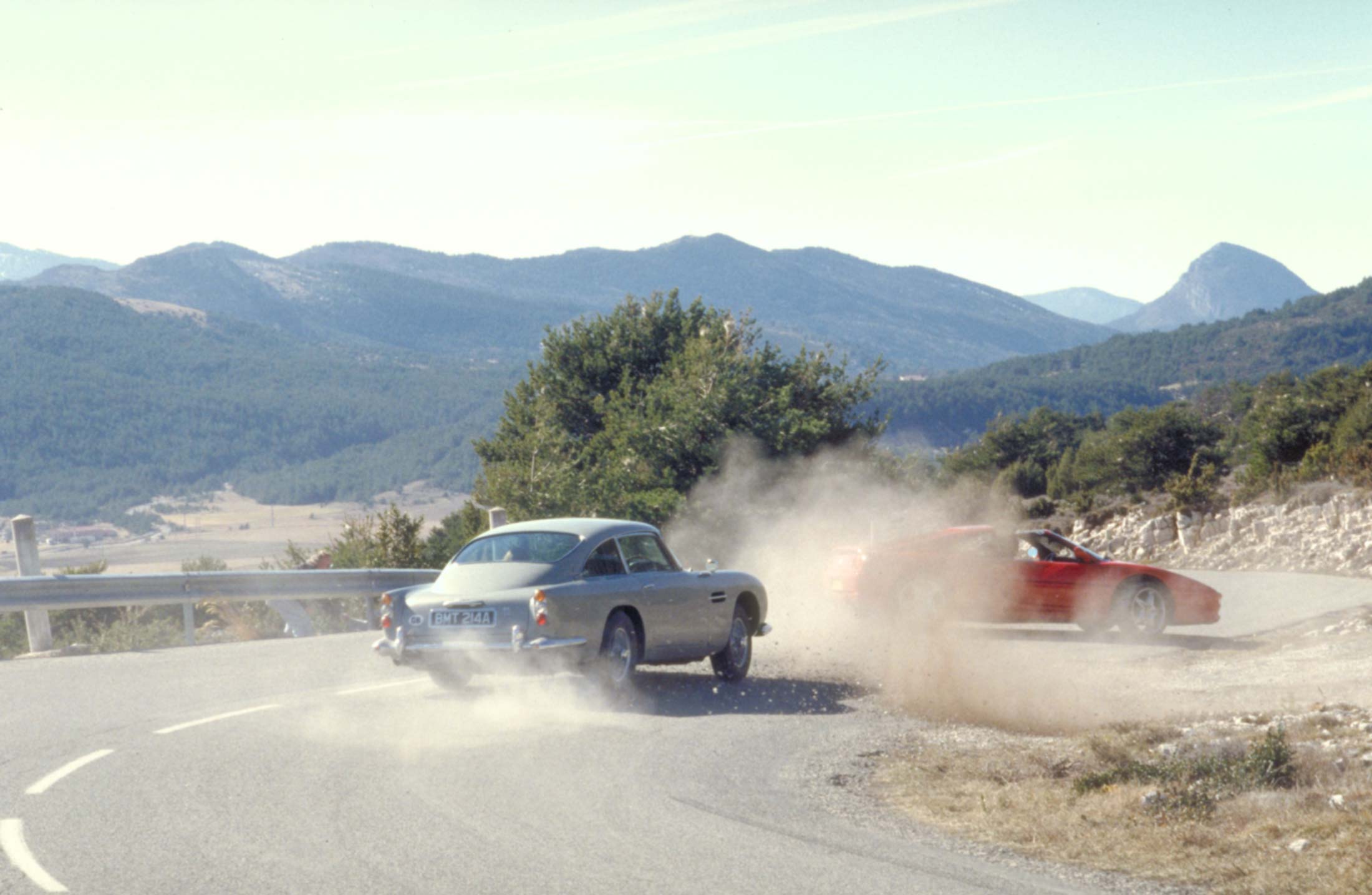
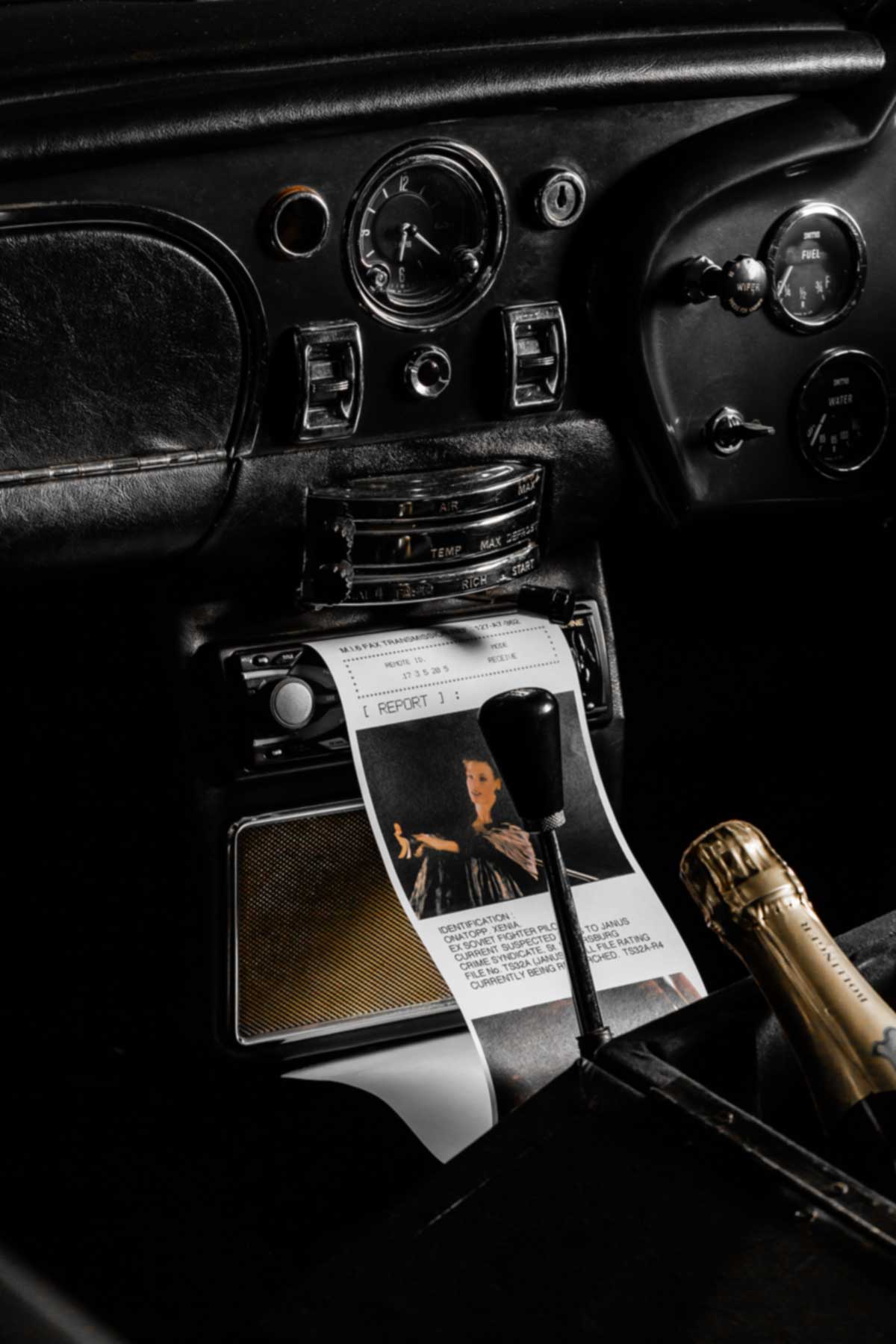
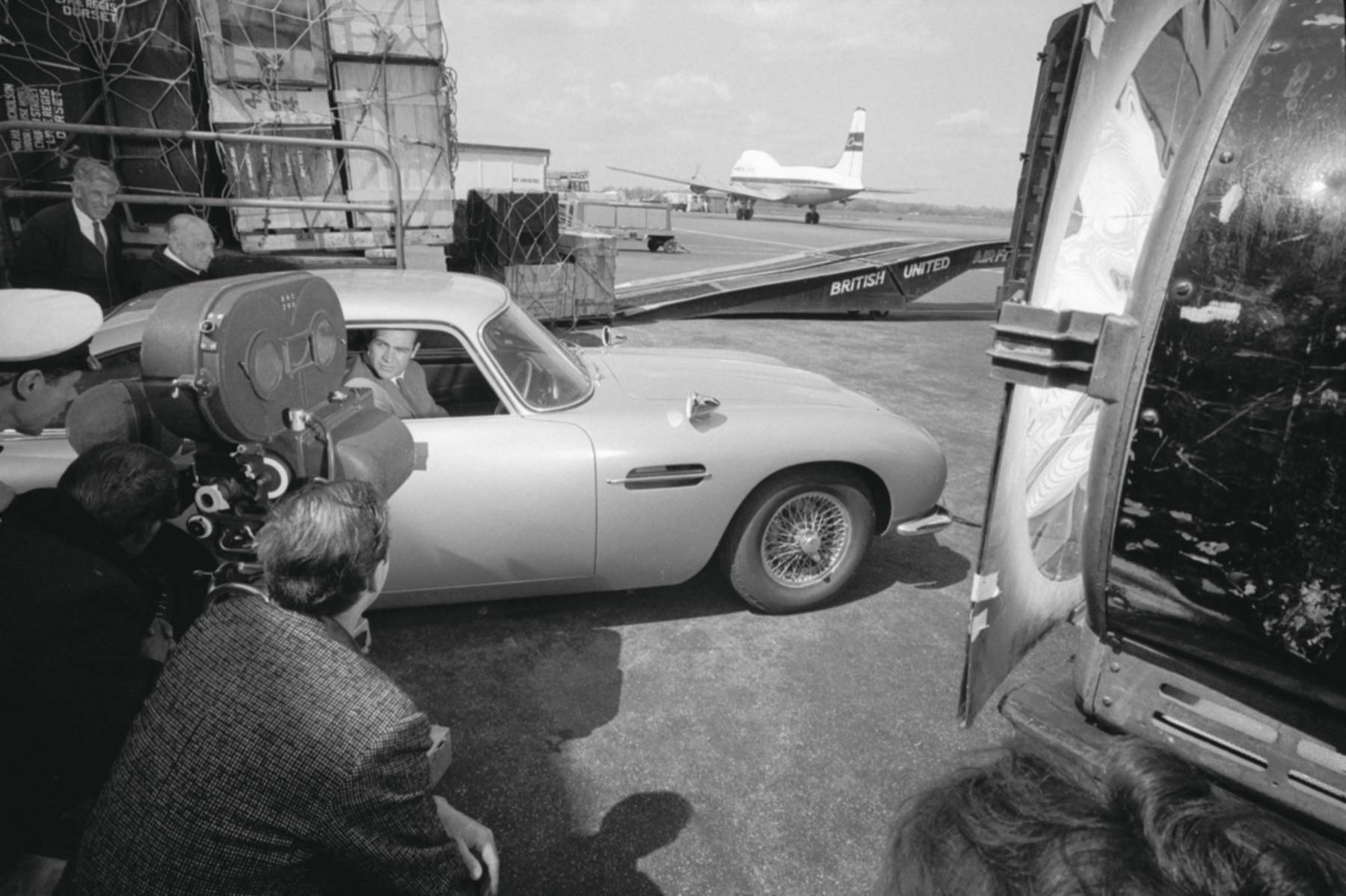
Introduction
This rich media experience presents 007 from a different perspective - exploring the creative process behind the movies, while revealing the secrets of James Bond’s iconic Aston Martin DB5. You can investigate gadgets in Q’s lab, examine original concept art in Oscar®-winning production designer Sir Ken Adam’s studio, and discover some of the filmmaking craft behind Skyfall’s explosive finale.
IMMERSION
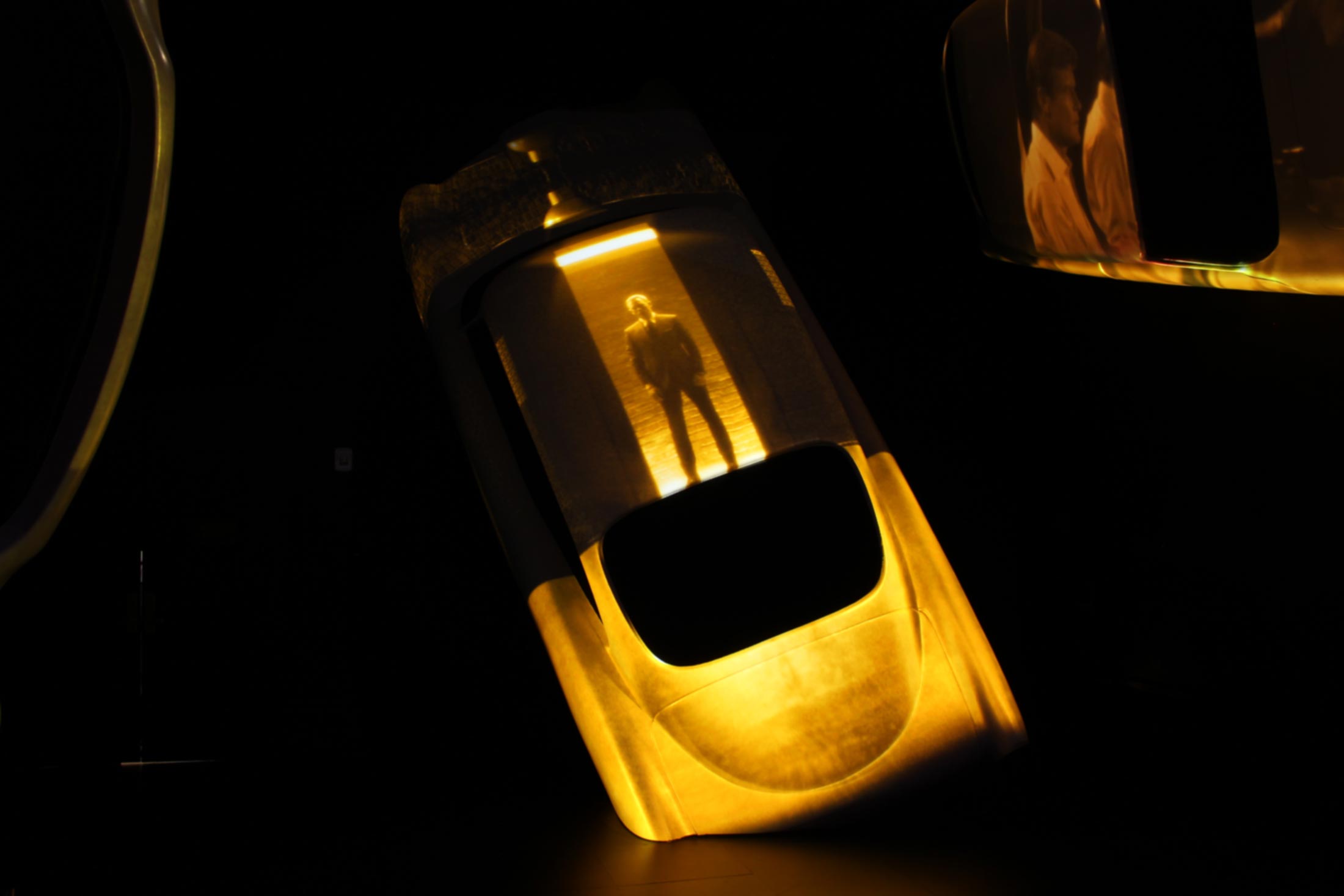
Reflecting the larger than life role that the Aston Martin DB5 has playedin the James Bond films, the three over-scaled cars in this sectionbecome a striking canvas for overlapping 3D projections which unite seminal Bond moments featuring all six Bond actors.
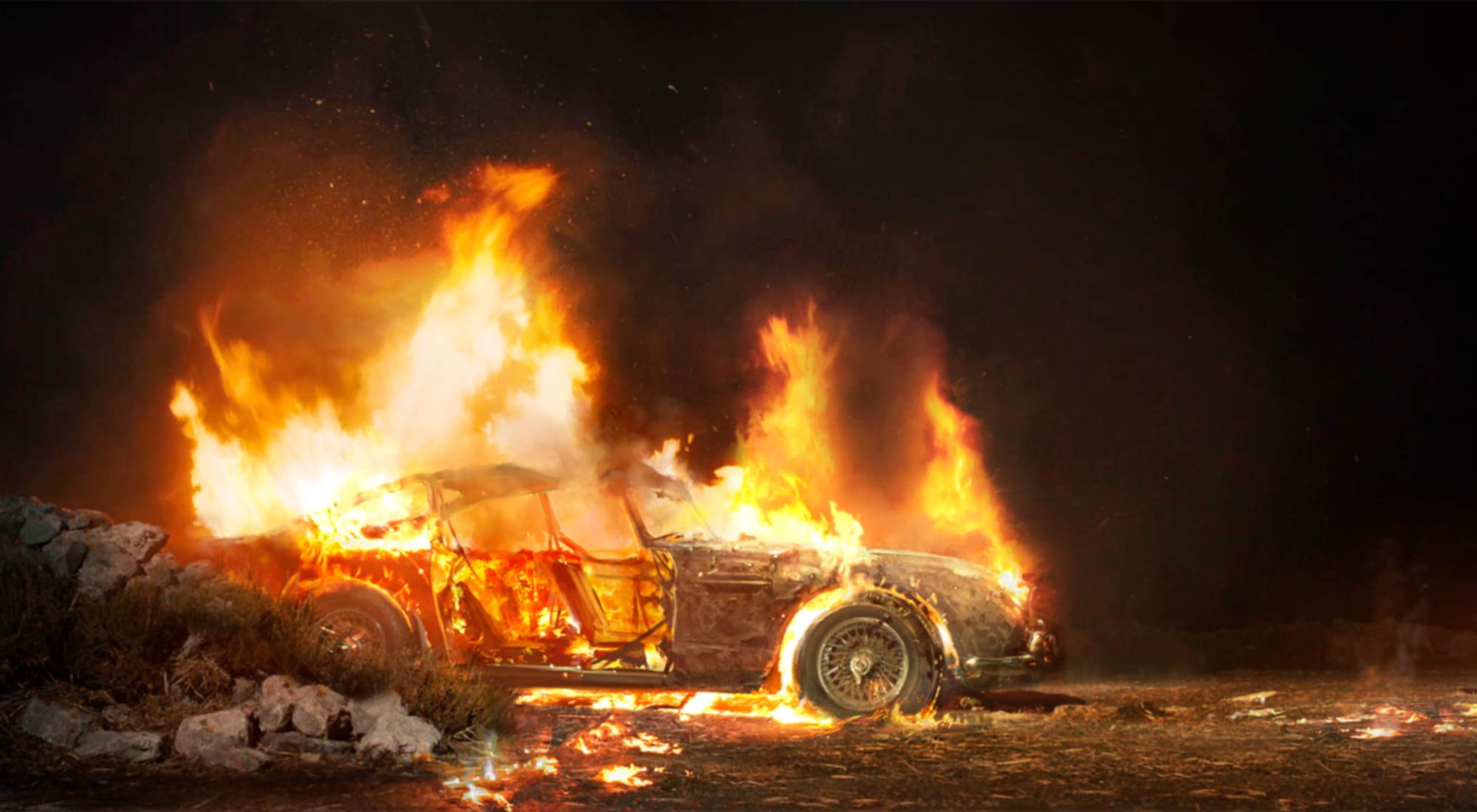

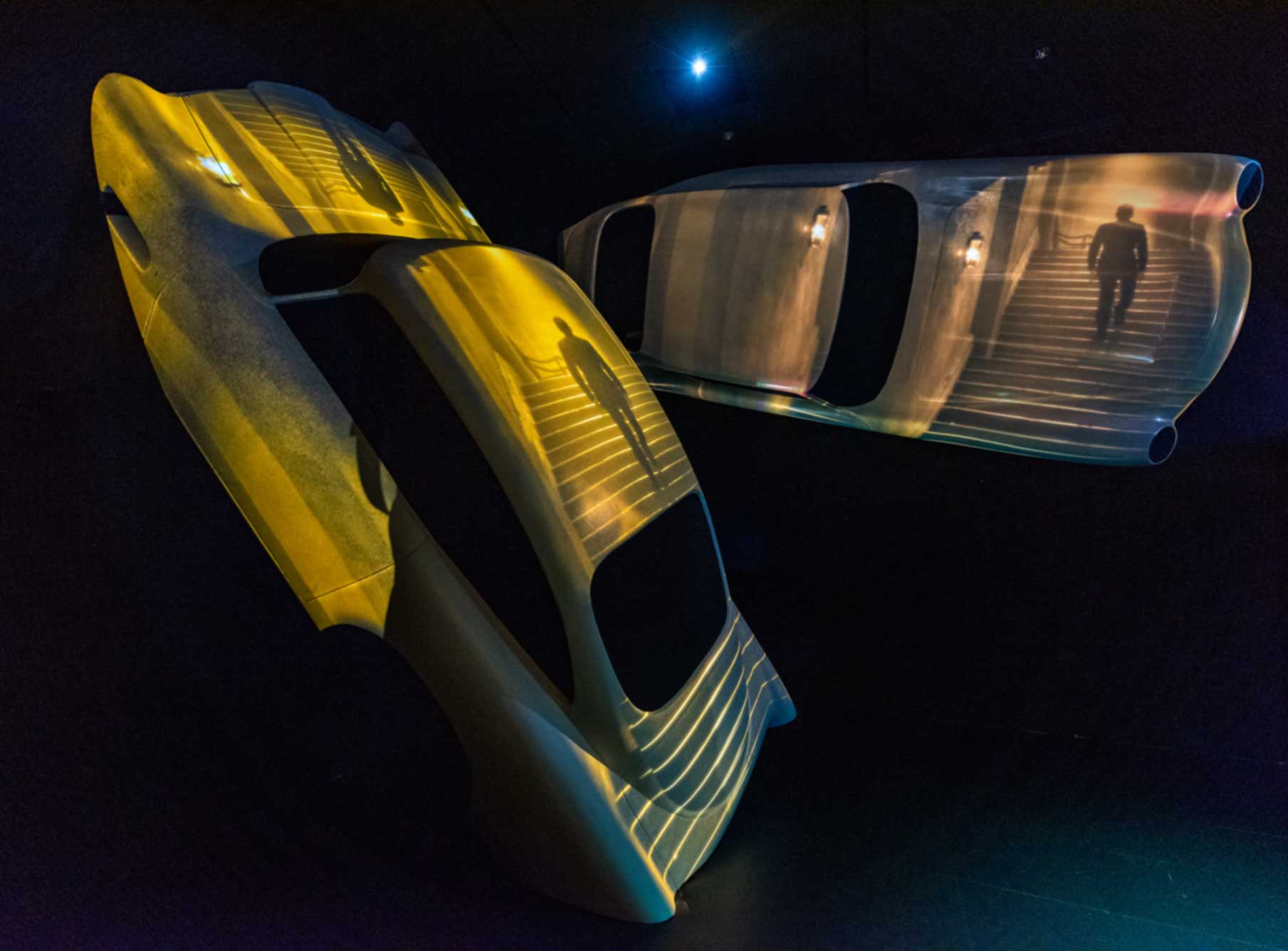
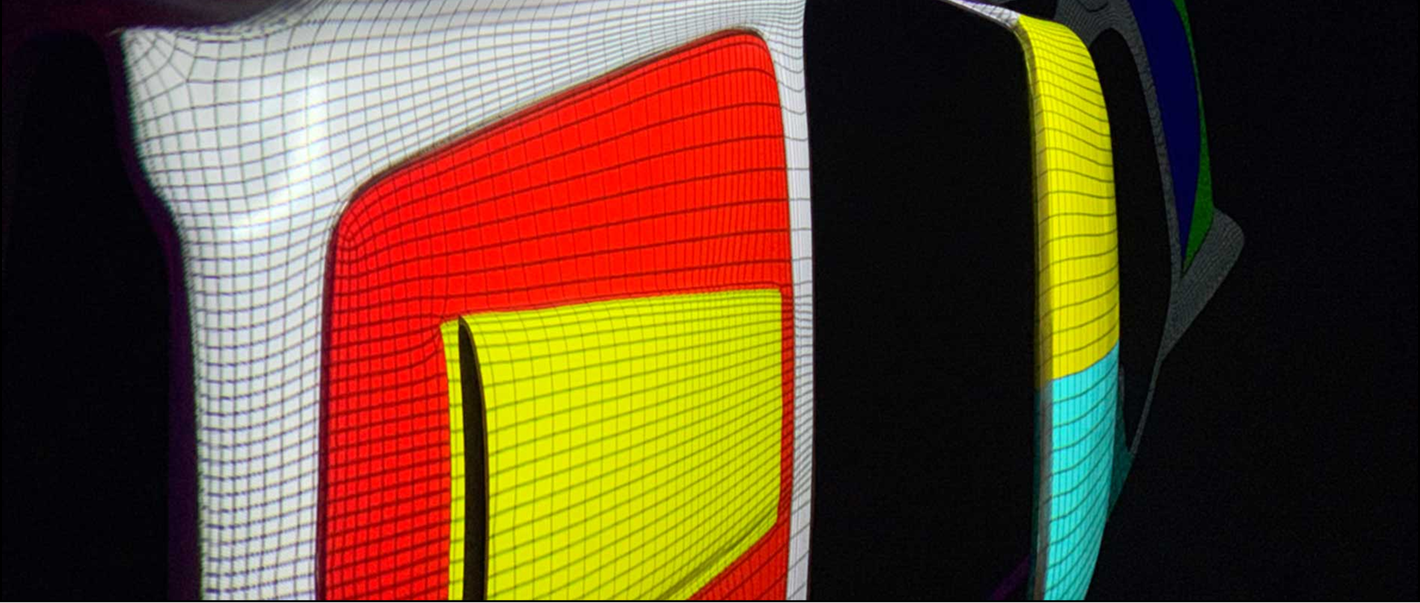
In order to map the footage to the car, it needed to be adaptedprecisely by sophisticated 3D computer software to avoidappearing distorted when projected onto the 3D forms. Sevenprojectors, positioned with pinpoint accuracy, bring the images tolife and create the effect of these giant cars emerging fromthe darkness.

Watch

Q’S BRIEFING
The memorable scene in Goldfinger (1964) in which Sean Connery’s James Bond is first presented with his modified DB5 by Desmond Llewelyn’s Q delighted audiences and saw the role of Q begin to grow within the film franchise.
Lorem ipsum dolor sit amet, consectetur adipiscing elit. Suspendisse varius enim in eros elementum tristique. Duis cursus, mi quis viverra ornare, eros dolor interdum nulla, ut commodo diam libero vitae erat. Aenean faucibus nibh et justo cursus id rutrum lorem imperdiet. Nunc ut sem vitae risus tristique posuere.
His inventions included hidden micro cameras in shaving brushes and steel shoelaces which could be used as garrotes. Many of these original ‘Q-devices’ feature with in the SPYSCAPE collection.
Another inspiration for Q was an armaments expert called Geoffrey Boothroyd. He was a fan of Fleming’s books and wrote to him with advice on which guns certain characters would be likely to use. A ‘Major Boothroyd’ appears as a named character in later books and in Bond films Q is sometimes referred to by name as Major Boothroyd.
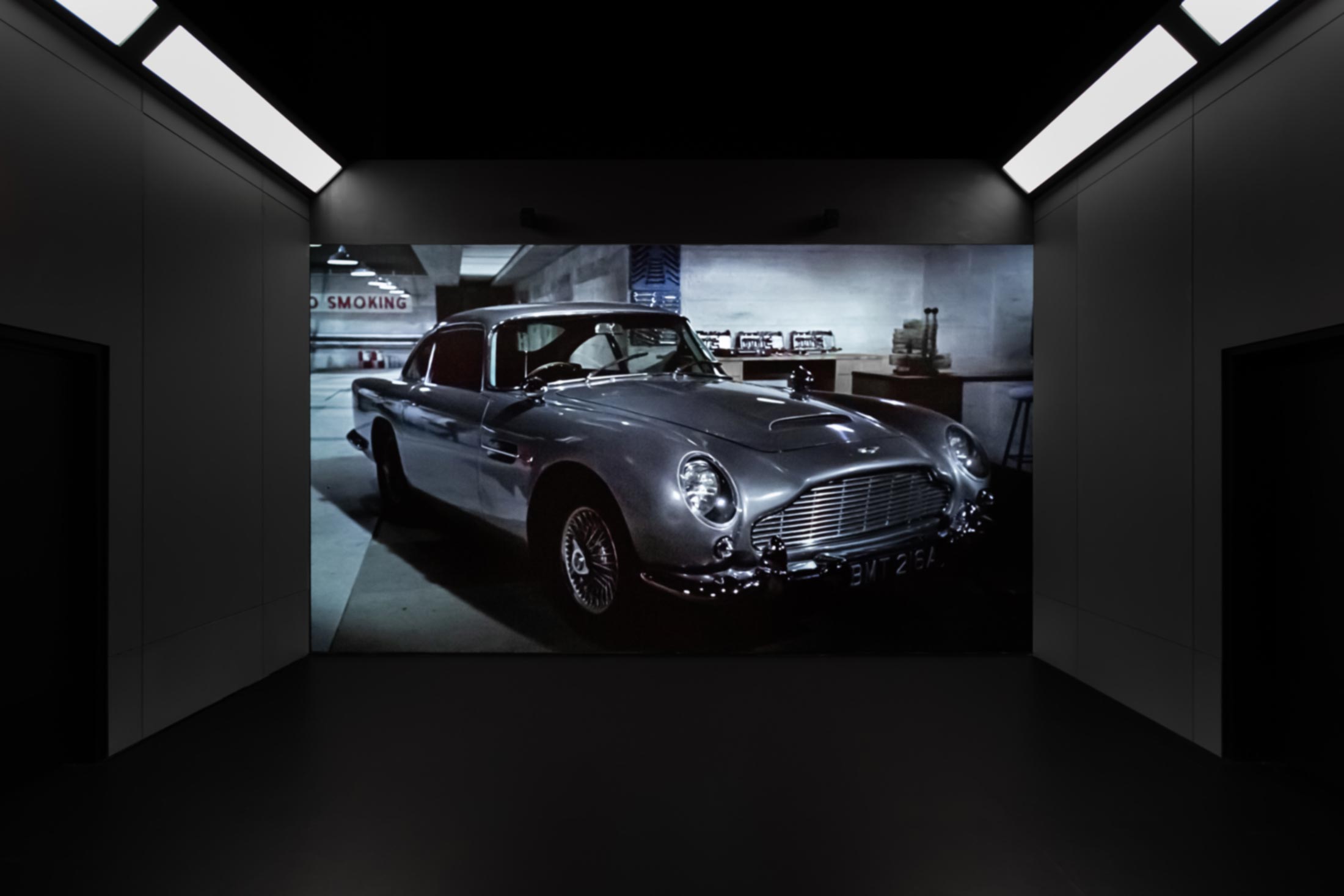
Watch
Q’s workshop
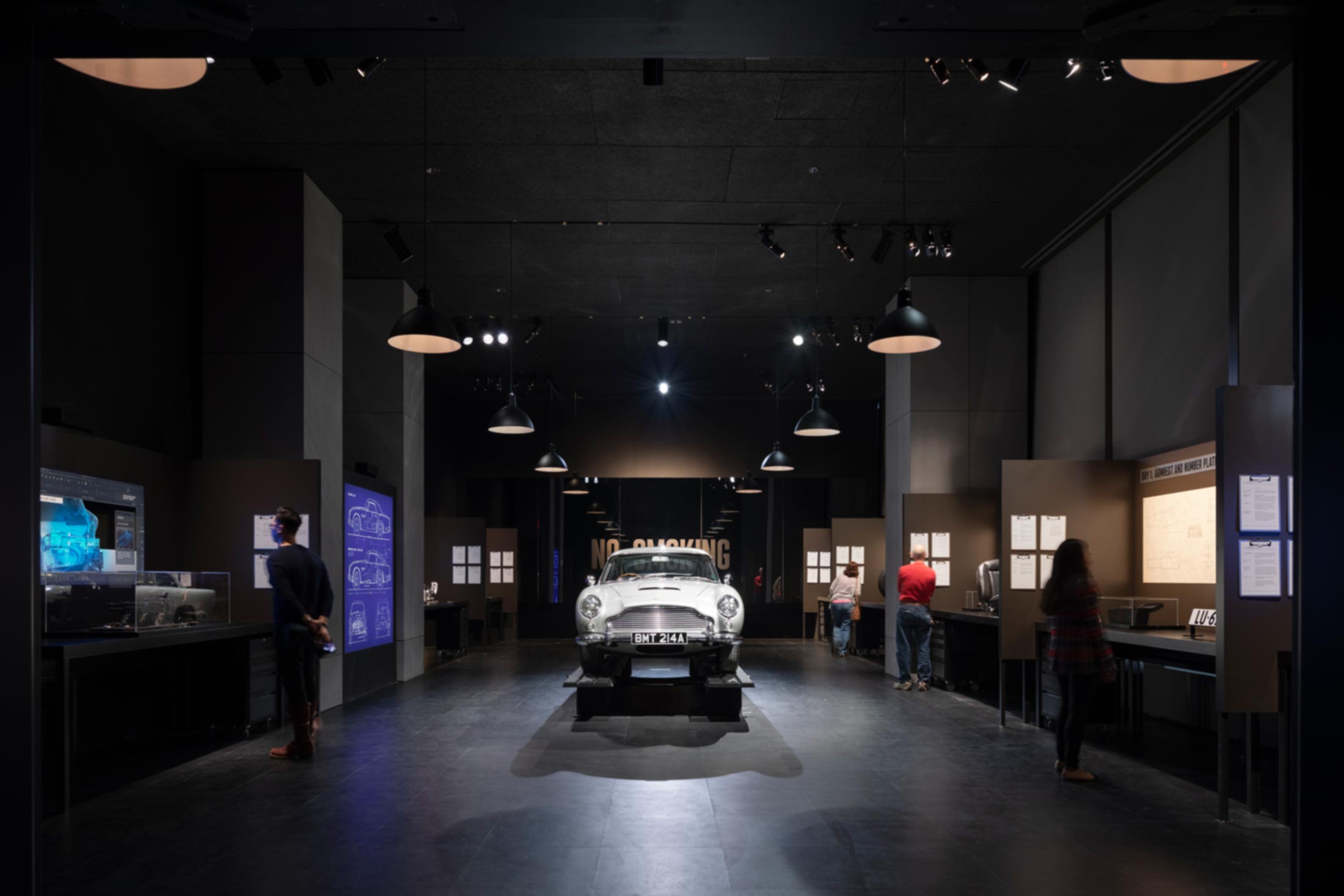
Since the early 1960s, Bond films have brought little known, cutting-edge technological developments to a broad audience, often via Q’s workshop. This section explores the wide range of gadgets the DB5 has enjoyed right up to the present day.
In an environment inspired by Q’s workshop, the magnificent DB5 fromSPYSCAPE’s collection, used in the filming of GoldenEye (1995), issurrounded by props used in the making of Bond films and speciallycommissioned reproductions of the original gadgets.



Aston Martin DB5
The Aston Martin DB5 is synonymous with James Bond. Fans first saw the two together in Goldfinger (1964) and the car quickly became a much-loved character in its own right. Much of the car’s iconic status can be attributed to its gadgets which often play a starring role.
In Goldfinger (1964) the list of extras includes revolving number plates, machineguns, a radar tracker, ejector seat, tyre-slashers, a nail and oil slick release, asmoke screen and a shield and overriders. In Thunderball (1965) the car returnscomplete with this same suite of gadgets and additional rear water cannons.When it reappears in GoldenEye (1995) it is kitted out for personal use with achampagne cooler in the armrest and a fax machine in the dashboard.
In Casino Royale (2006) Bond wins a DB5 in a game of poker. The car is storedin Bond’s lock up in Skyfall (2012) until Bond drives M to his ancestral home inScotland. It is now complete with its full complement of gadgets includingmachine guns and ejector seat. However, the car is virtually destroyed duringthe Siege of Skyfall Lodge in the final scenes of the film. The DB5 is lovinglyresurrected in Q’s workshop in Spectre (2015) and Bond drives away with DrMadeleine Swann in the final shot of the film.

armrest
Lorem ipsum dolor sit amet, consectetur adipiscing elit. Suspendisse varius enim in eros elementum tristique. Duis cursus, mi quis viverra ornare, eros dolor interdum nulla, ut commodo diam libero vitae erat. Aenean faucibus nibh et justo cursus id rutrum lorem imperdiet. Nunc ut sem vitae risus tristique posuere.
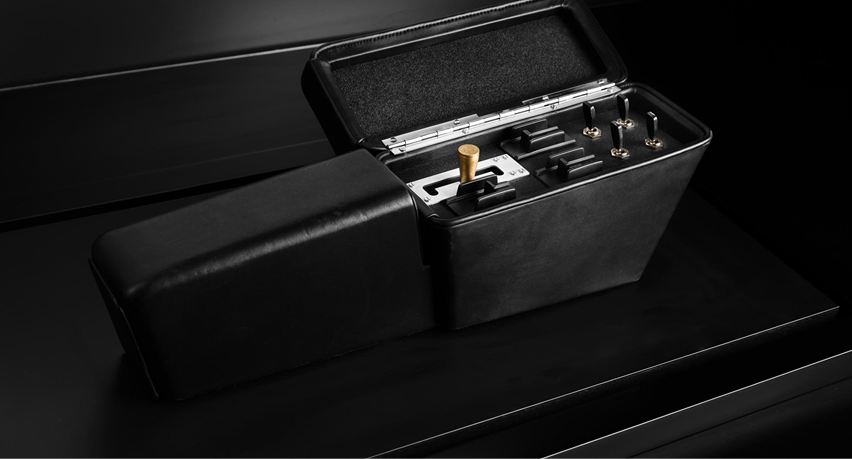
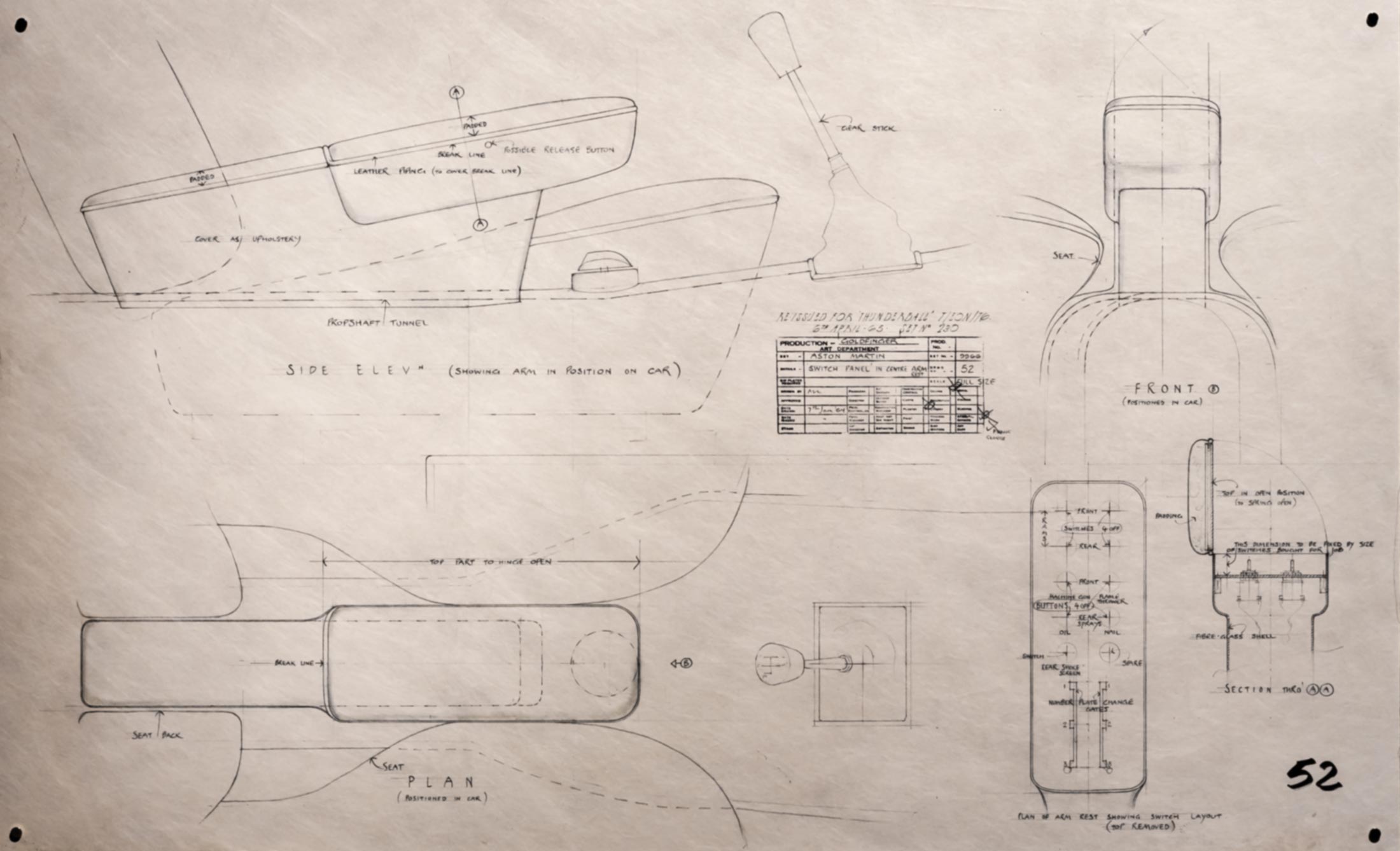
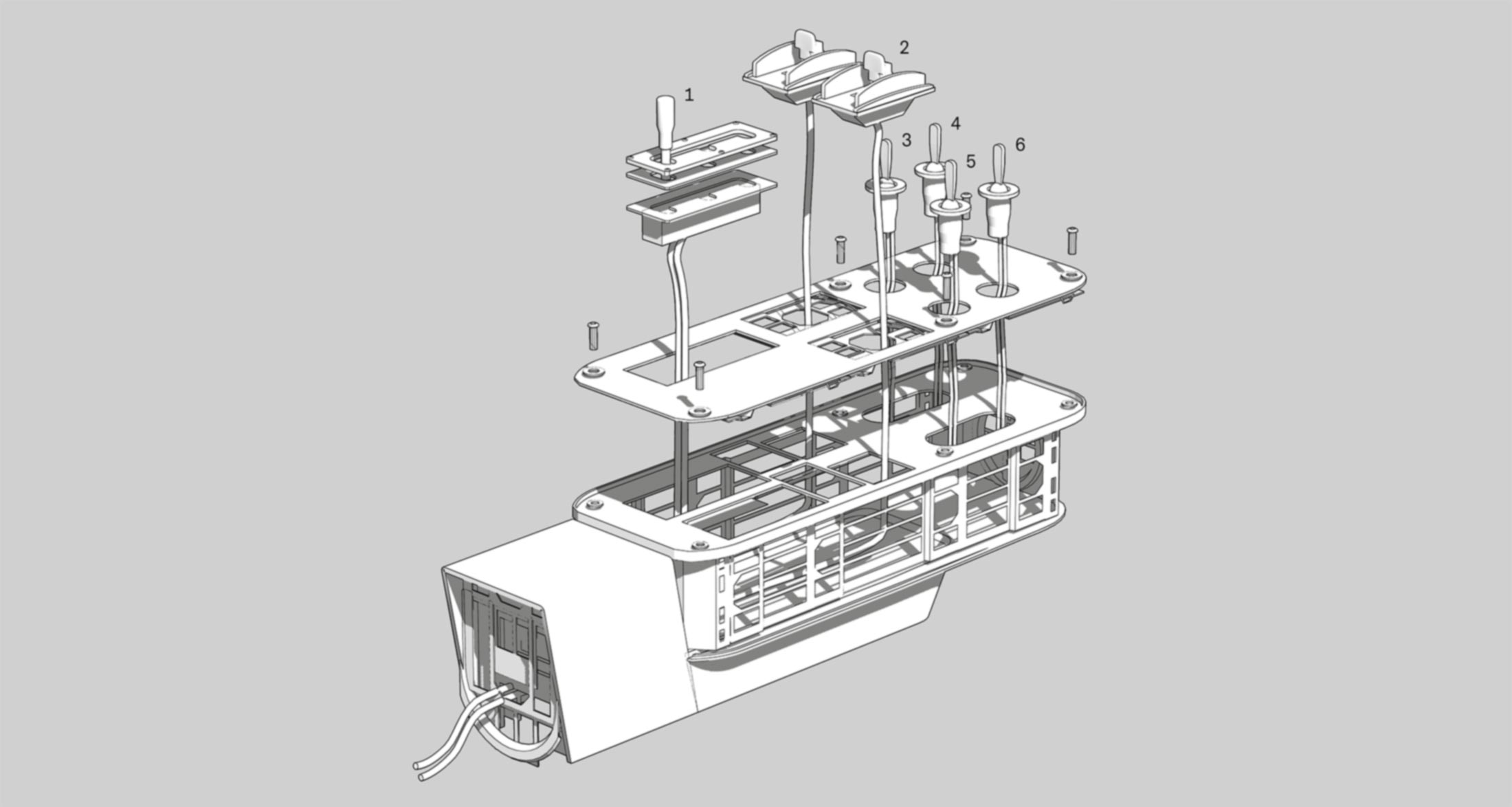

NUMBER PLATE
The DB5’s number plates revolved to reveal plates from different countries. The idea for this came from Guy Hamilton, director of Goldfinger (1964), who enjoyed the thought of using such a gadget to evade traffic wardens.
EJECTOR SEAT TRIGGER
The DB5’s number plates revolved to reveal plates from different countries. The idea for this came from Guy Hamilton, director of Goldfinger (1964), who enjoyed the thought of using such a gadget to evade traffic wardens.




EJECTOR SEAT
The DB5’s ejector seat is a firm favorite among fans. When filming Goldfinger (1964), the special effects team used pressurised air canisters hidden in the seat itself to propel the seat out of the car. The image to the left shows a recreated gadget which could achieve the necessary lift. This is shown next to the passenger seat from the GoldenEye DB5.
TYRE-SLASHER
In Goldfinger (1964) Bond uses the extendable tyre-slashers to slice through the back of Tilly Masterson’s white Ford Mustang convertible. The original design, by Sir Ken Adam, was inspired by the blades used on the axles of racing chariots in ancient Greece and Rome.




OVERRIDERS
Production designer, Sir Ken Adam, described the overriders as two boxing gloves emerging from the front and rear bumpers to protect the car during any altercations.
RADAR TRACKING
In Goldfinger (1964) Bond attaches a homing device to Goldfinger’s Rolls Royce and uses this and a radar screen concealed in his DB5 to follow him to Switzerland. This technology was ahead of its time. In the 1960s a radar receiver could not know where in the world it was (or where on a map the homer device it was tracking was) without first knowing where it started and calculating from there. For this, the world would have to wait for GPS technology.




NAIL RELEASE
The Goldfinger (1964) DB5 included a nail release, which could expel four-sided nails, or caltrops, onto the road behind it. While the DB5’s nail release has never been seen on screen, a similar gadget appears as part of Bond’s BMW 750iL inTomorrow Never Dies (1997) and these caltrops were used in the making of that film.
OIL SLICK RELEASE
The oil slick release featured in Goldfinger (1964) worked along similar lines to the nail release, by using pressurised air to force the oil out of the car and onto the road. The photo on the right shows the positioning behind a DB5’s rear light casing.




MACHINE GUN TECH
This double-barrelled machine gun prop made by the Spectre (2015) art department is a prototype of the machine guns used in the Aston Martin DB10 which Bond borrows from Q’s workshop. It turned out that the gun was not loaded when Bond took the car and he relies on a rear flamethrower to evade his enemy, in a nod to production designer Sir Ken Adam’s original vision for the DB5.
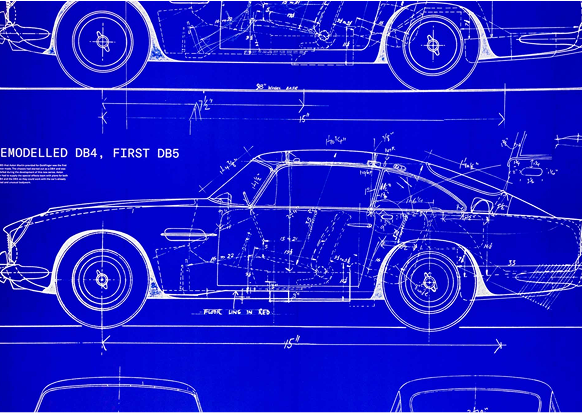

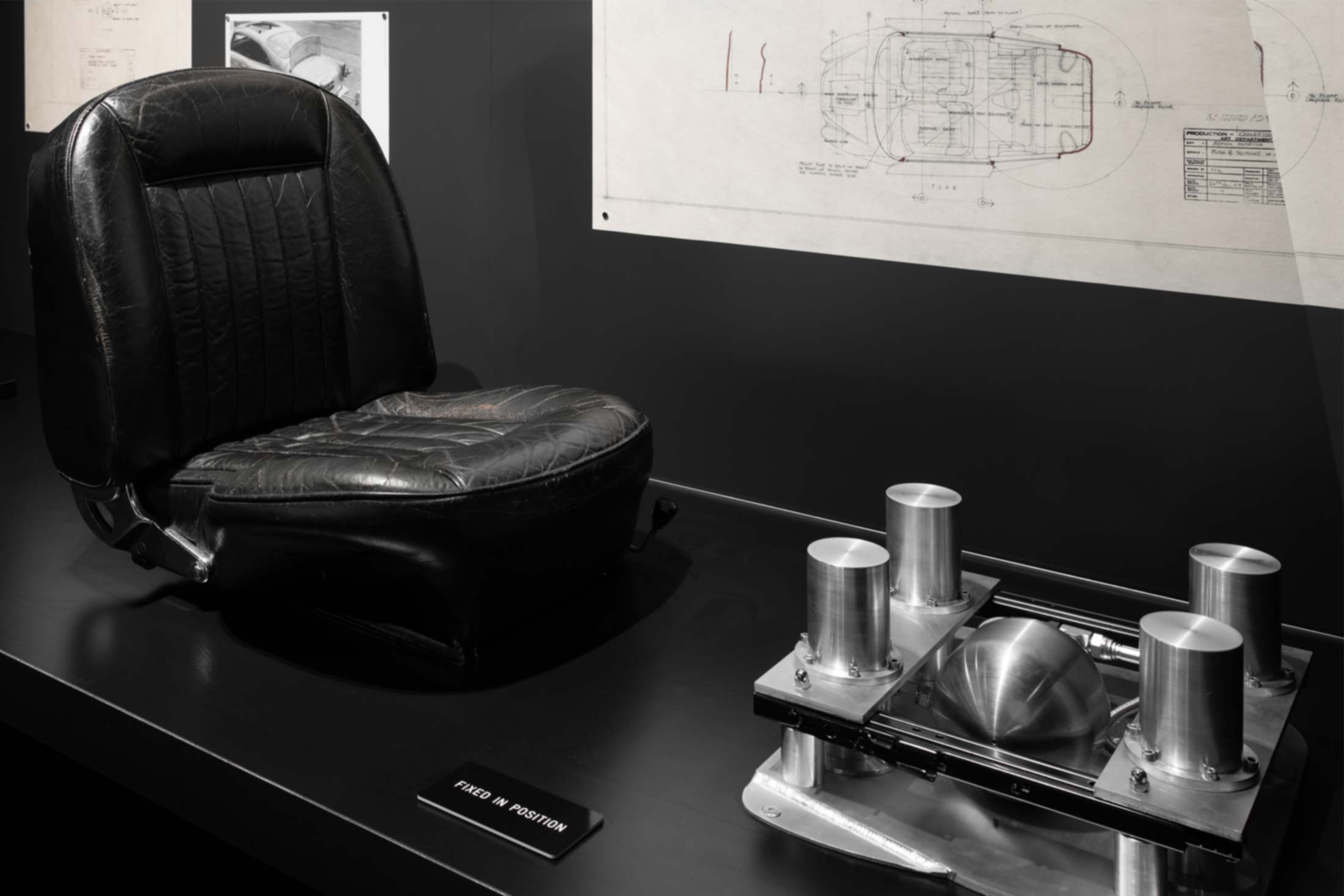
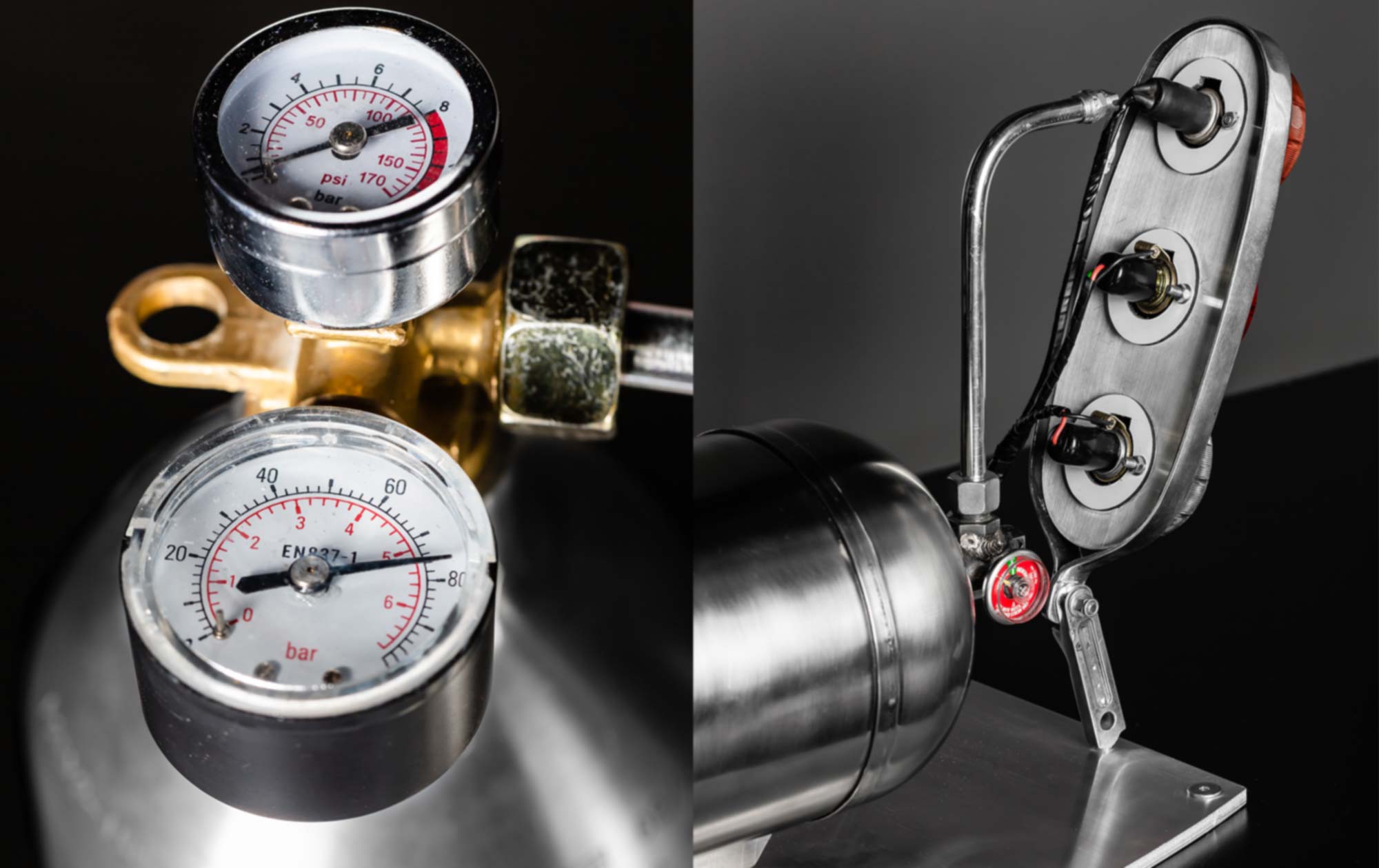

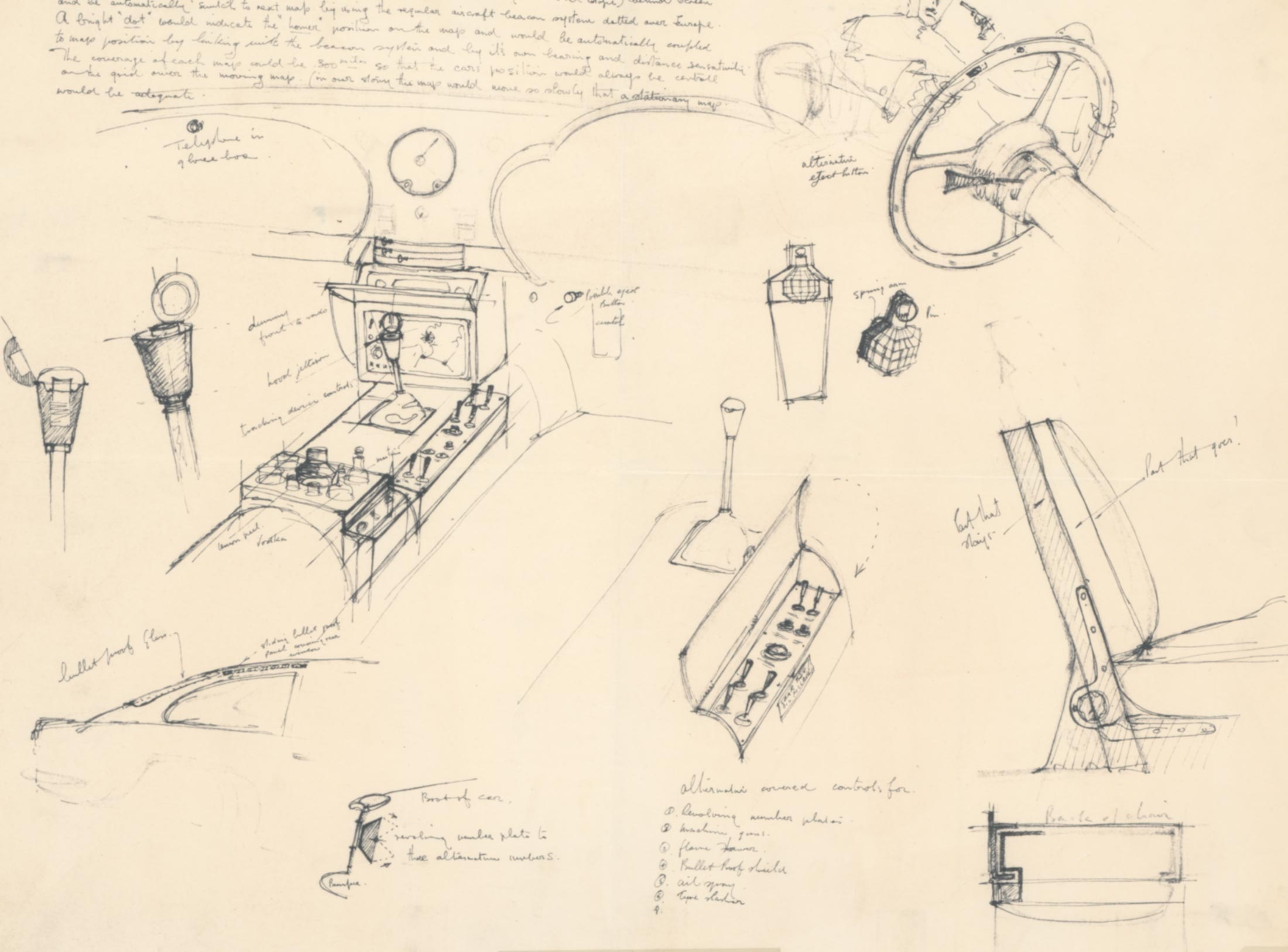
Sir ken adam’sstudio
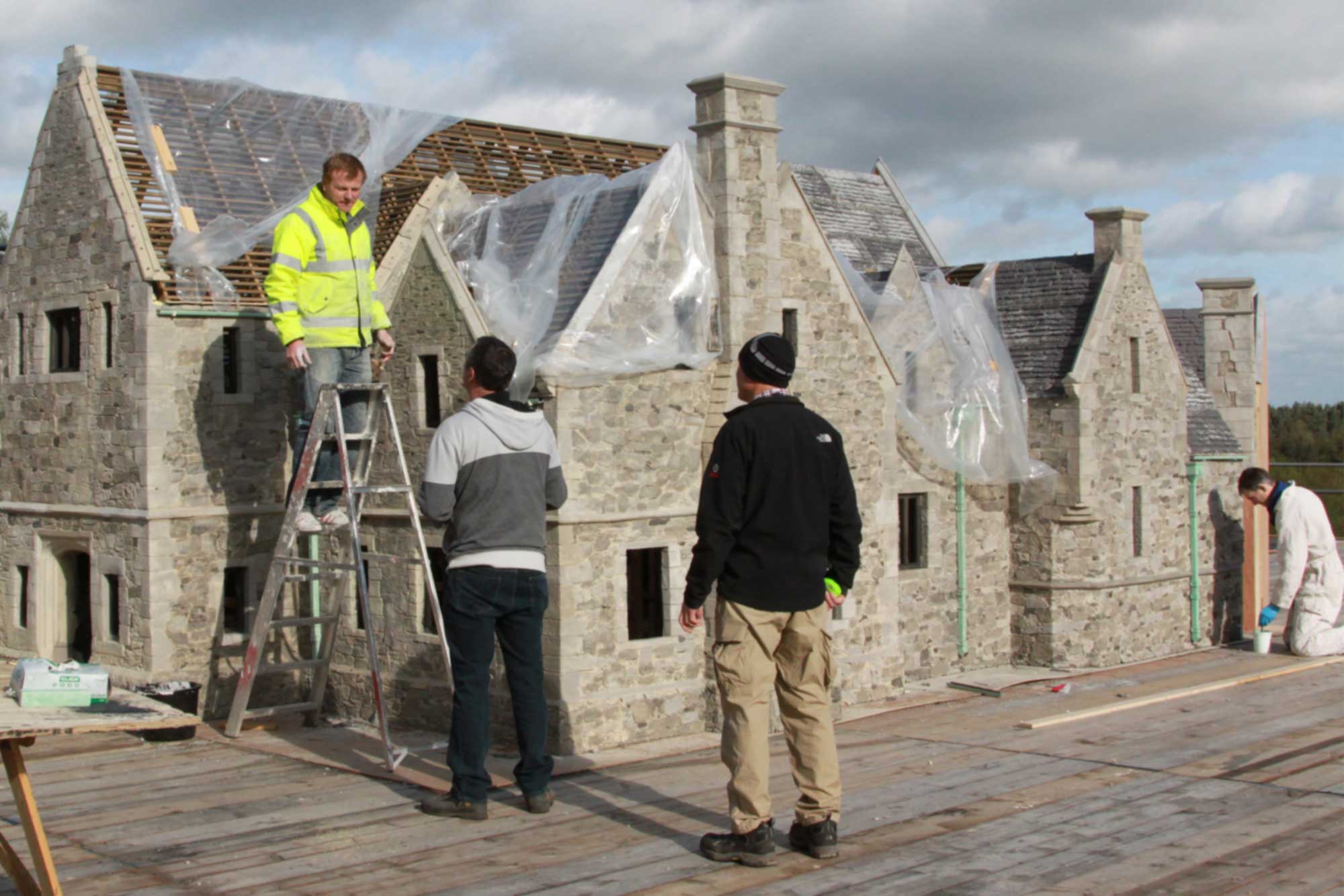
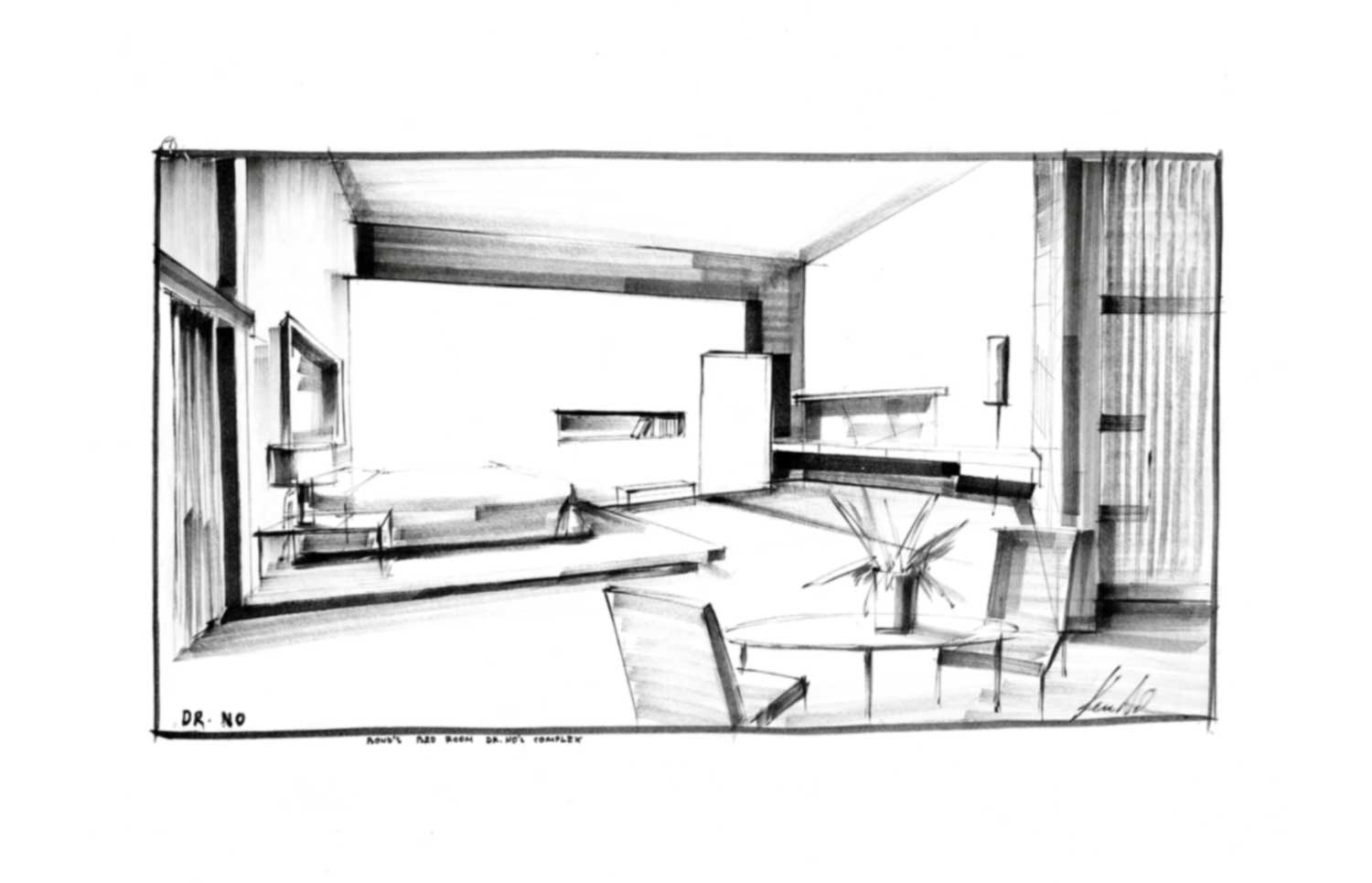

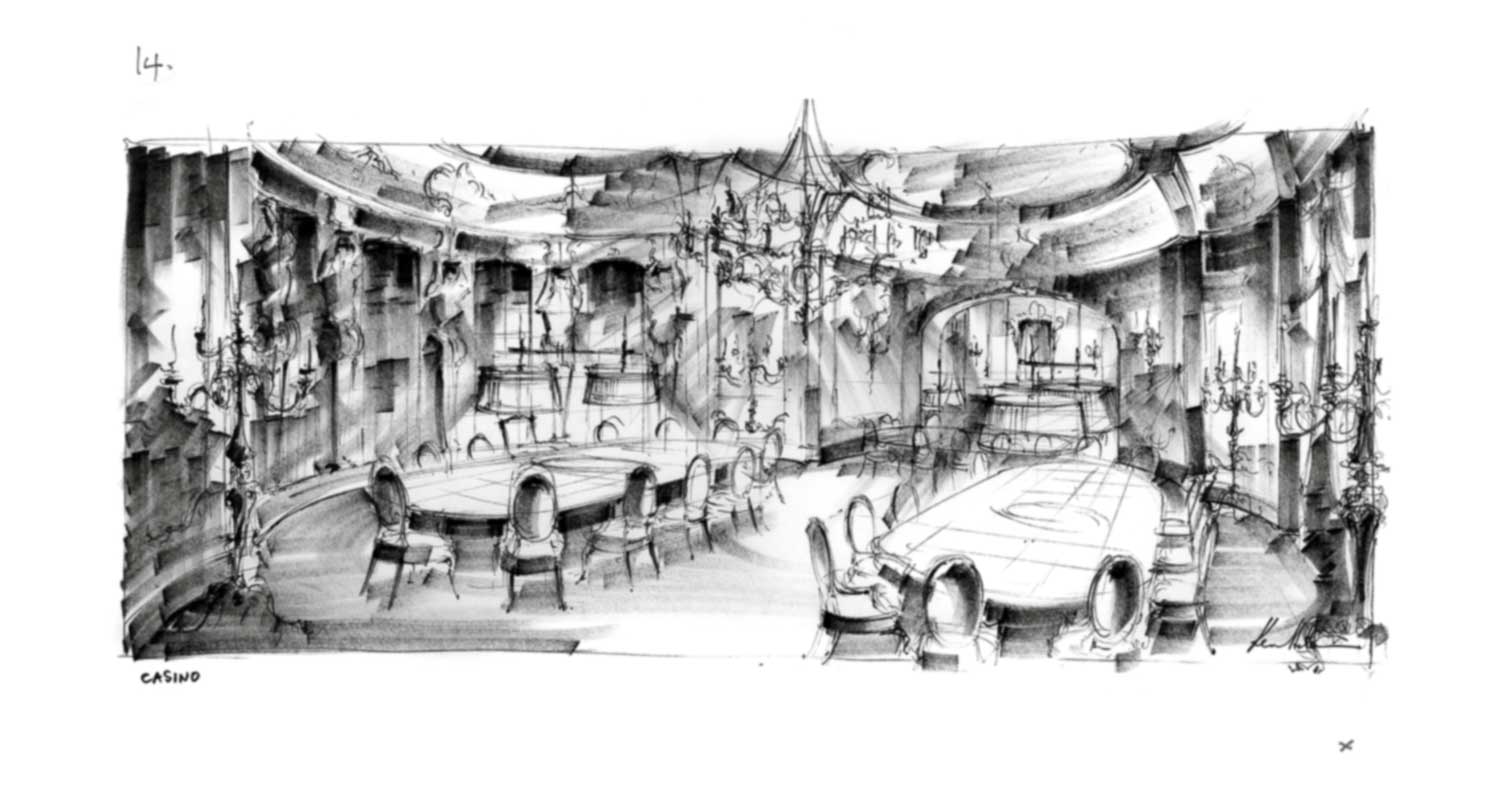
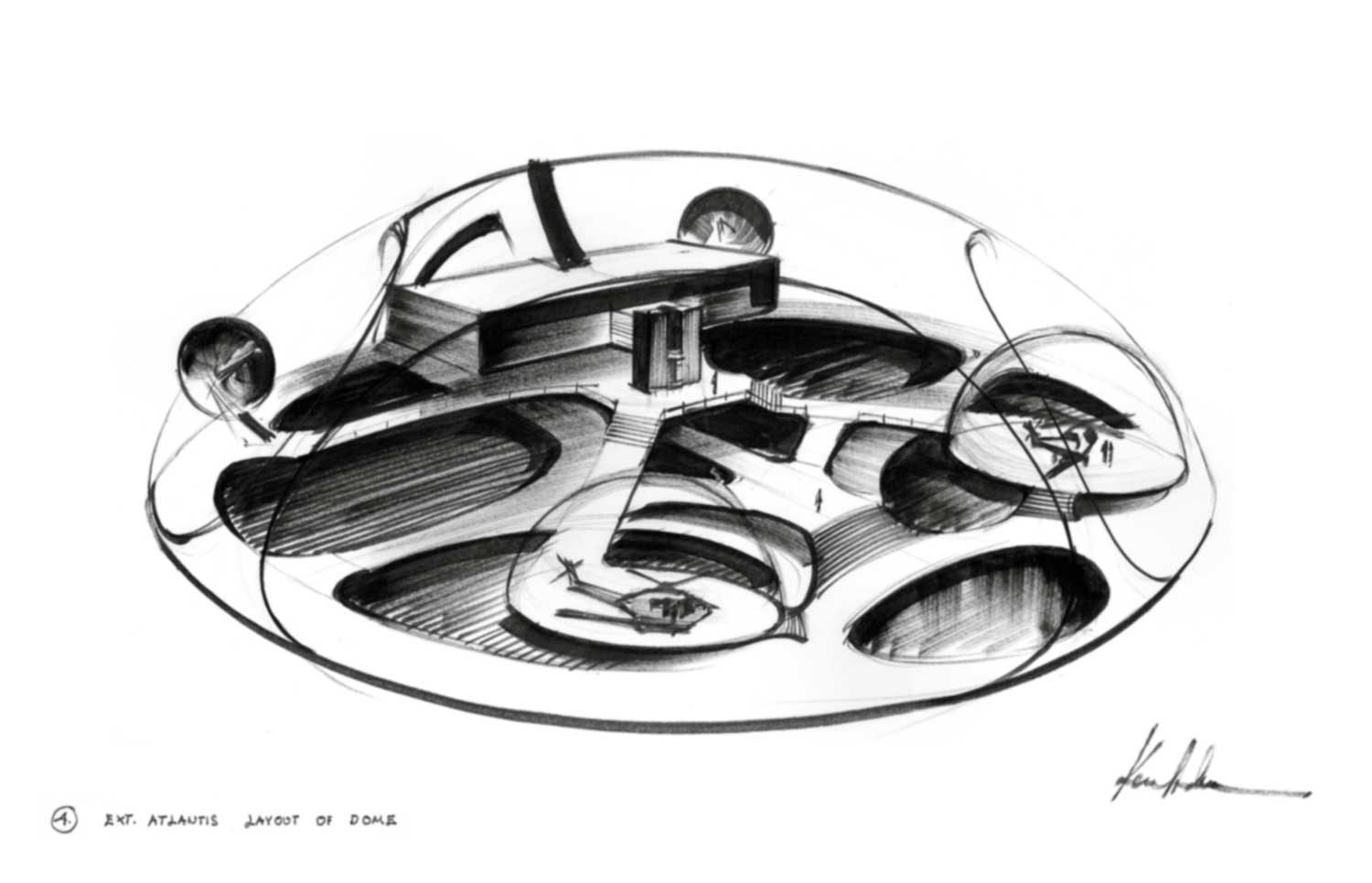
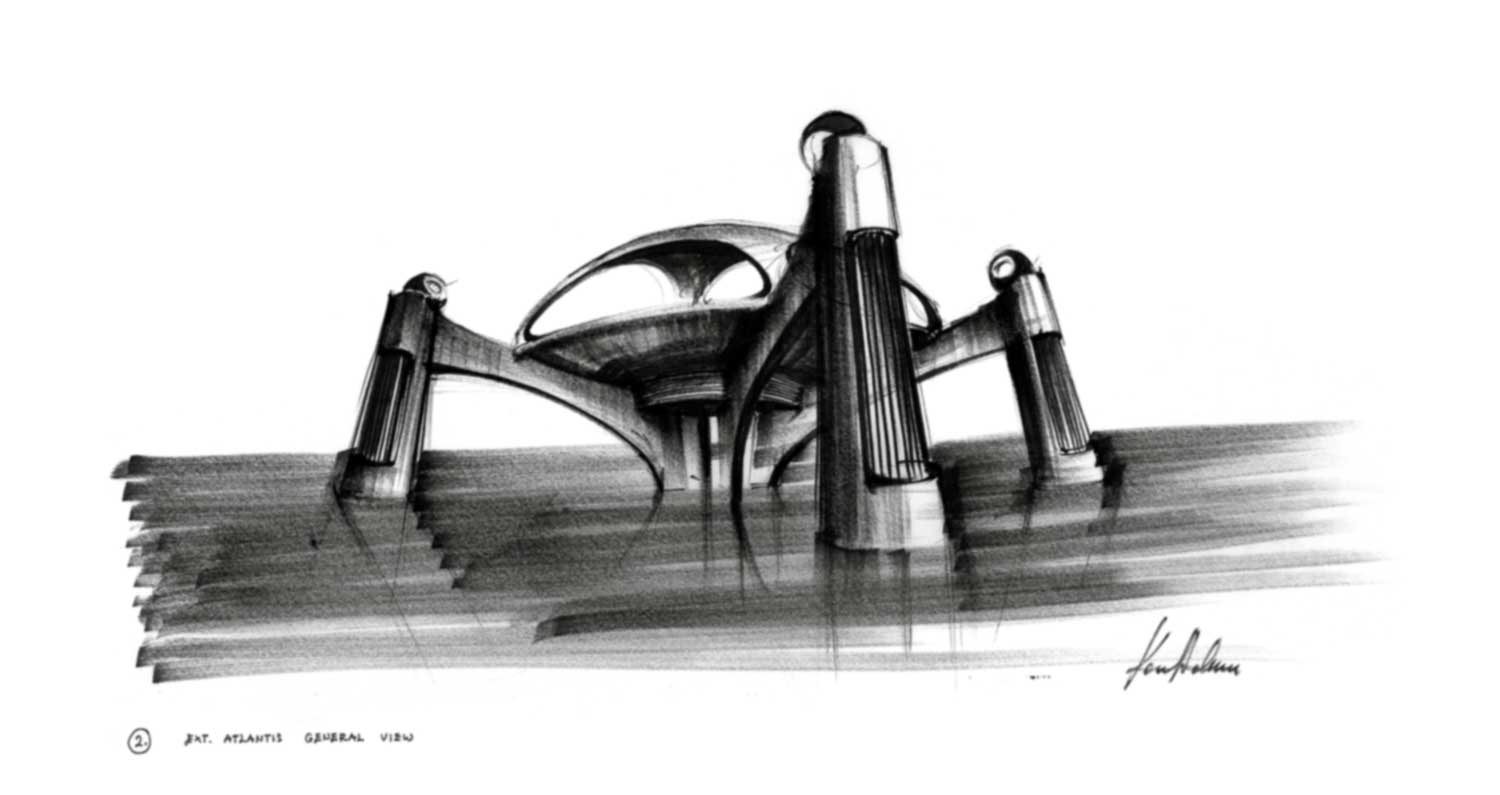
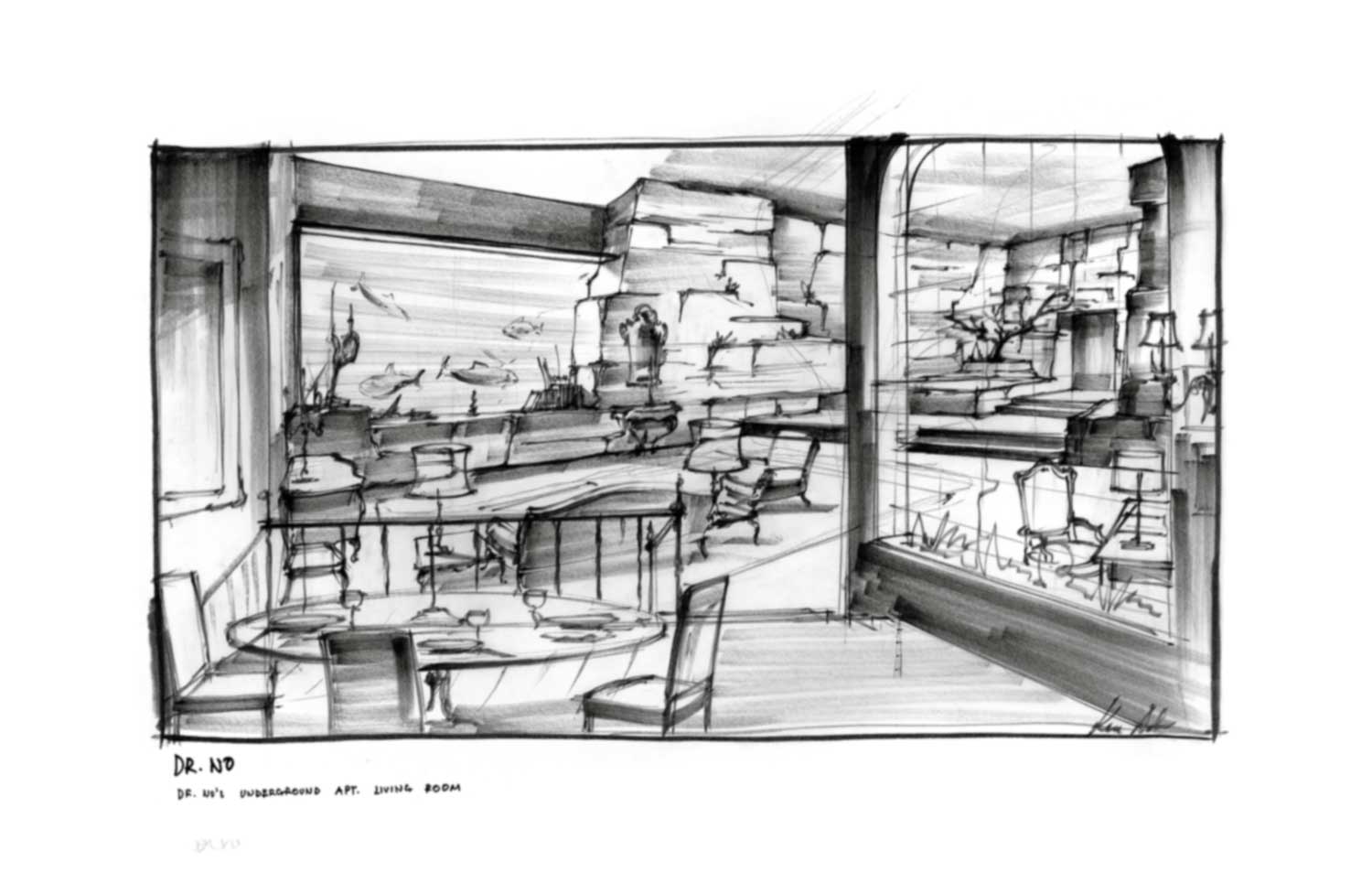
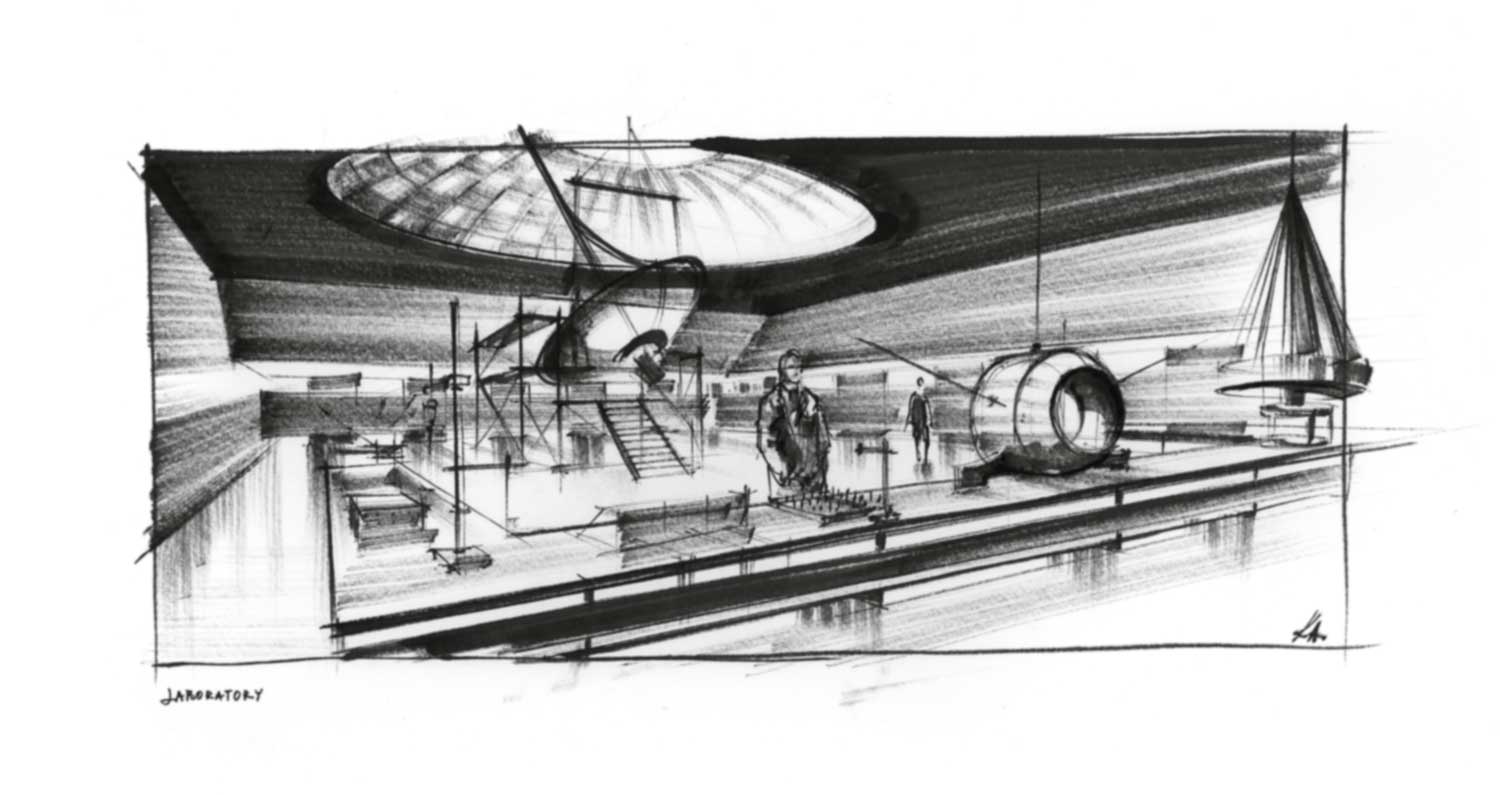
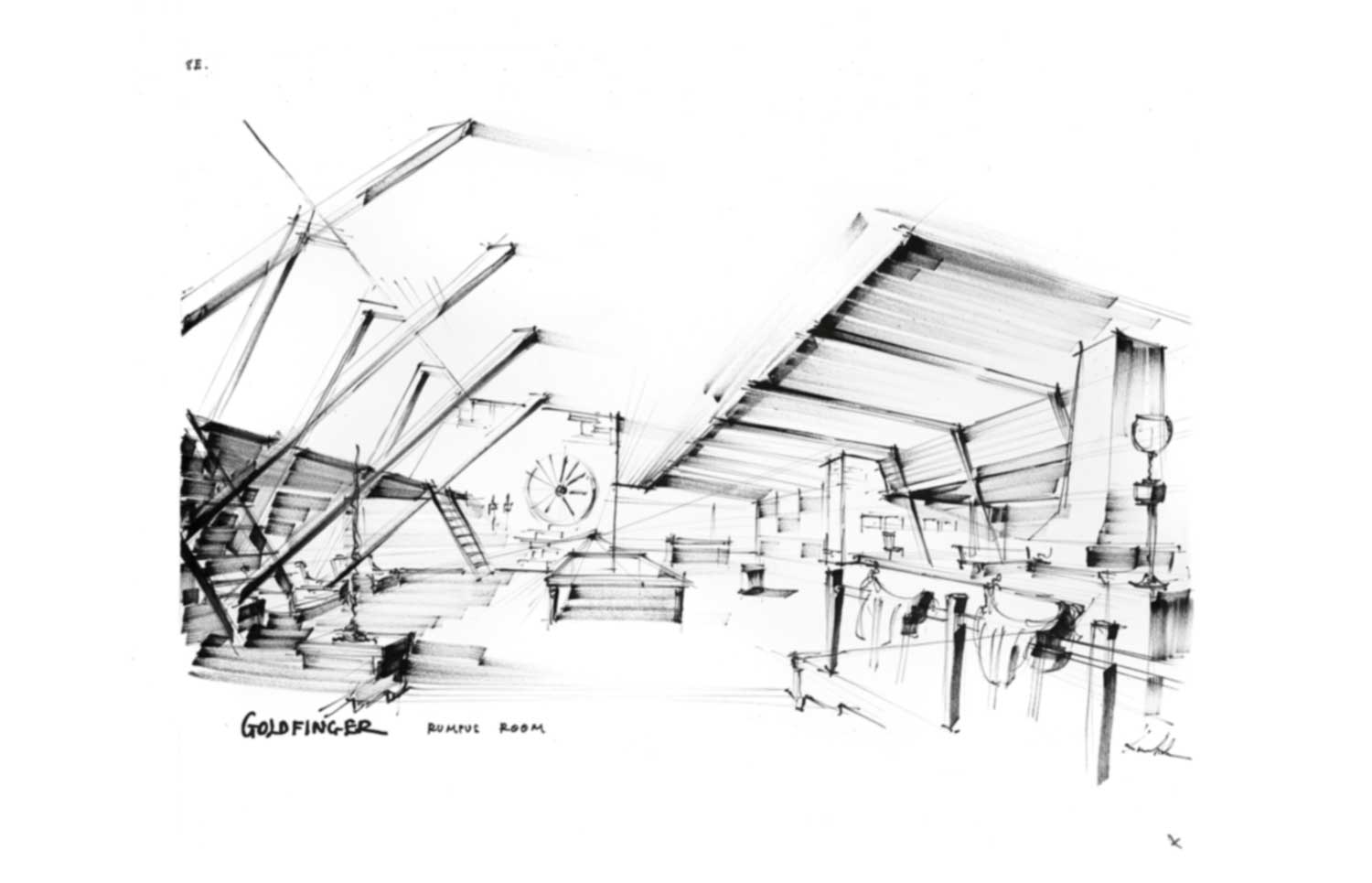
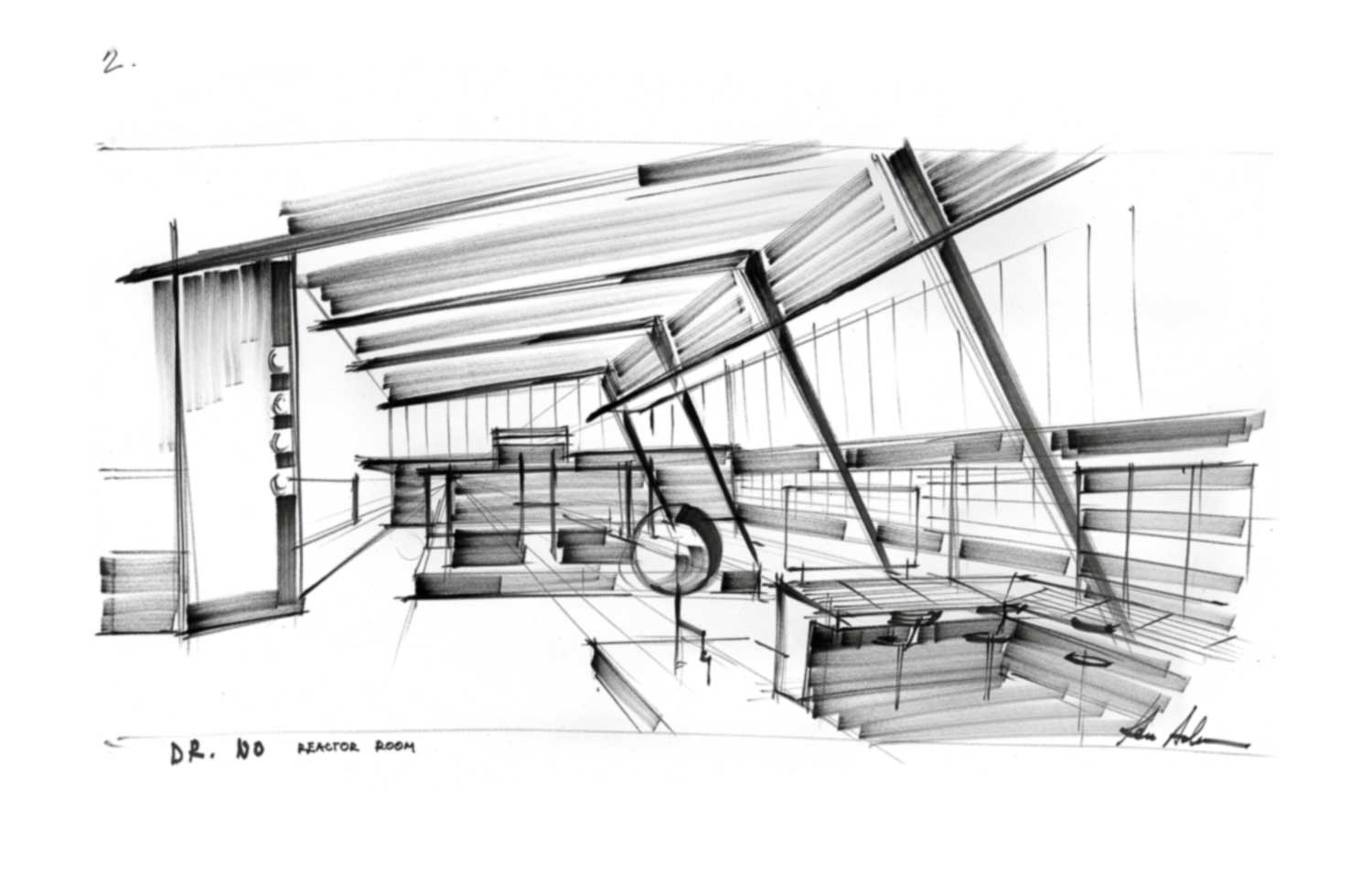
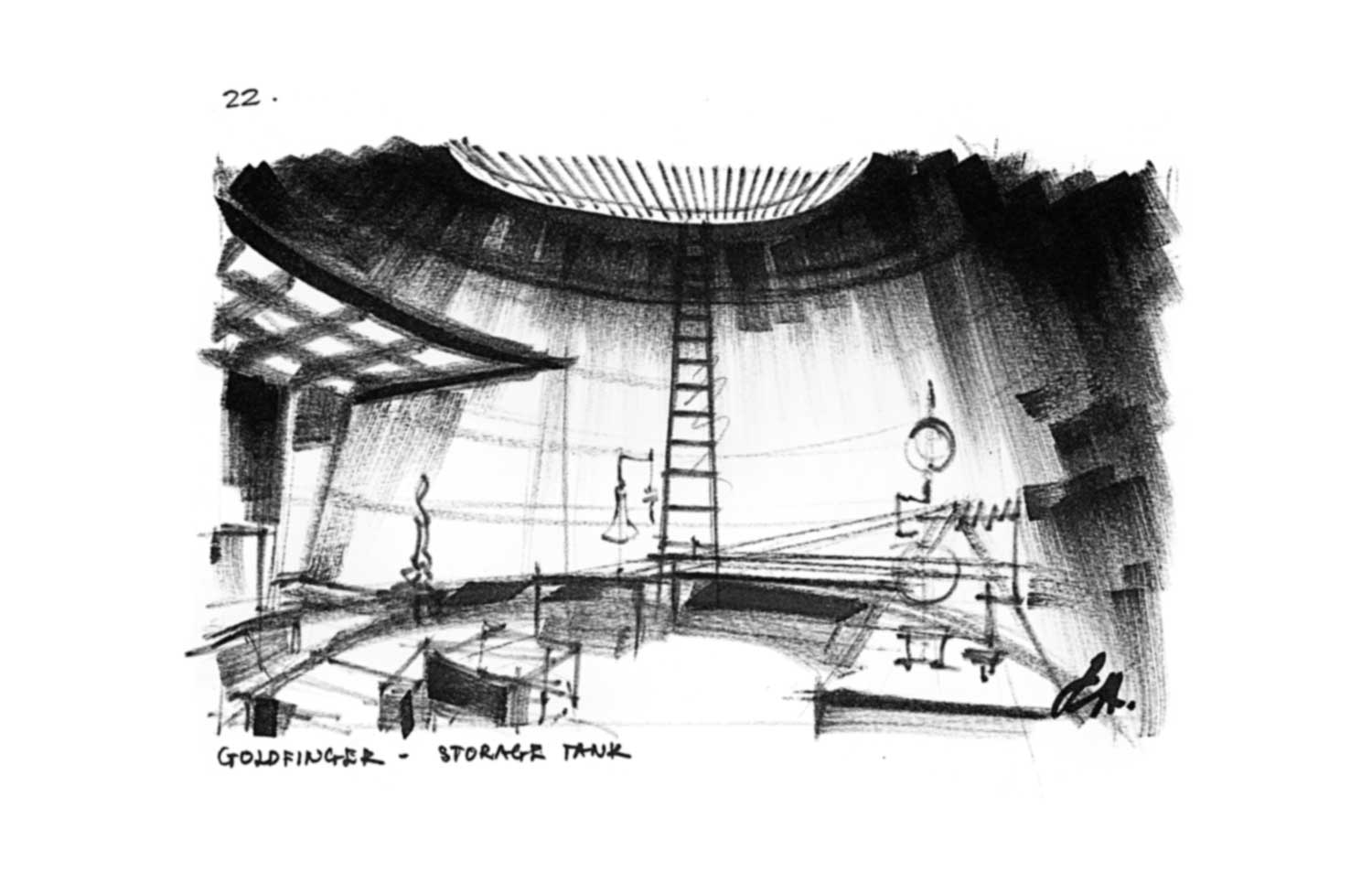
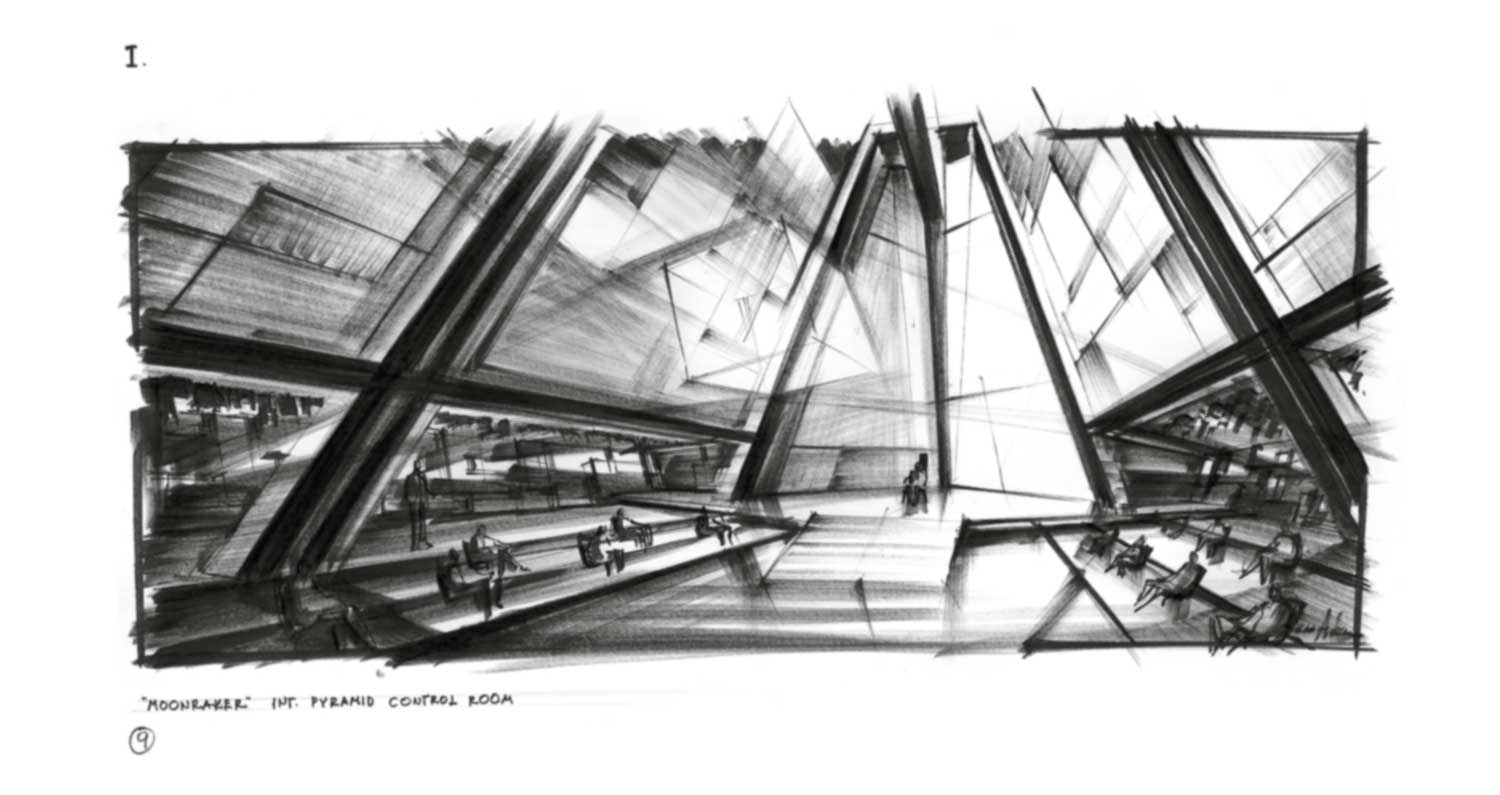
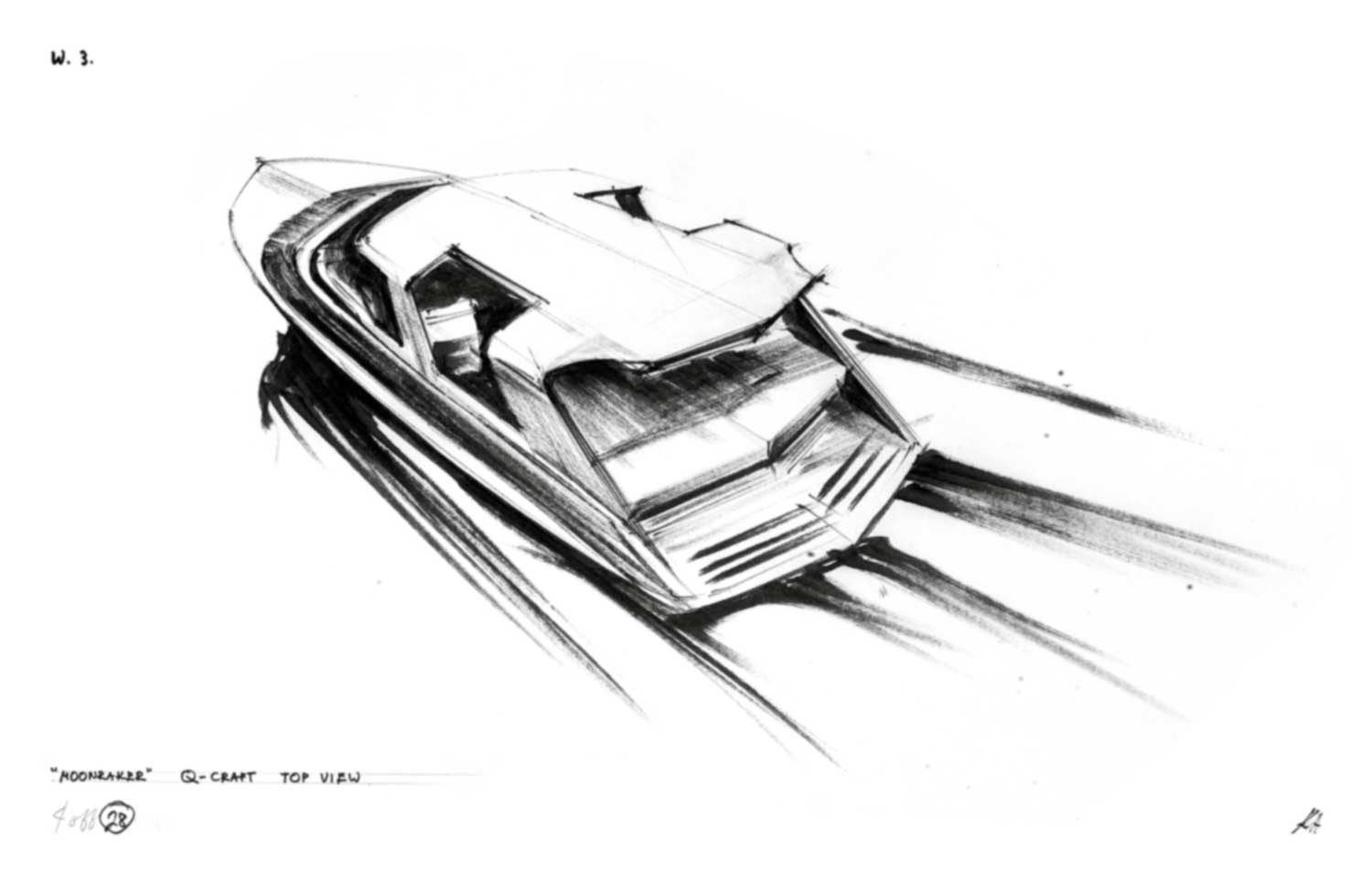
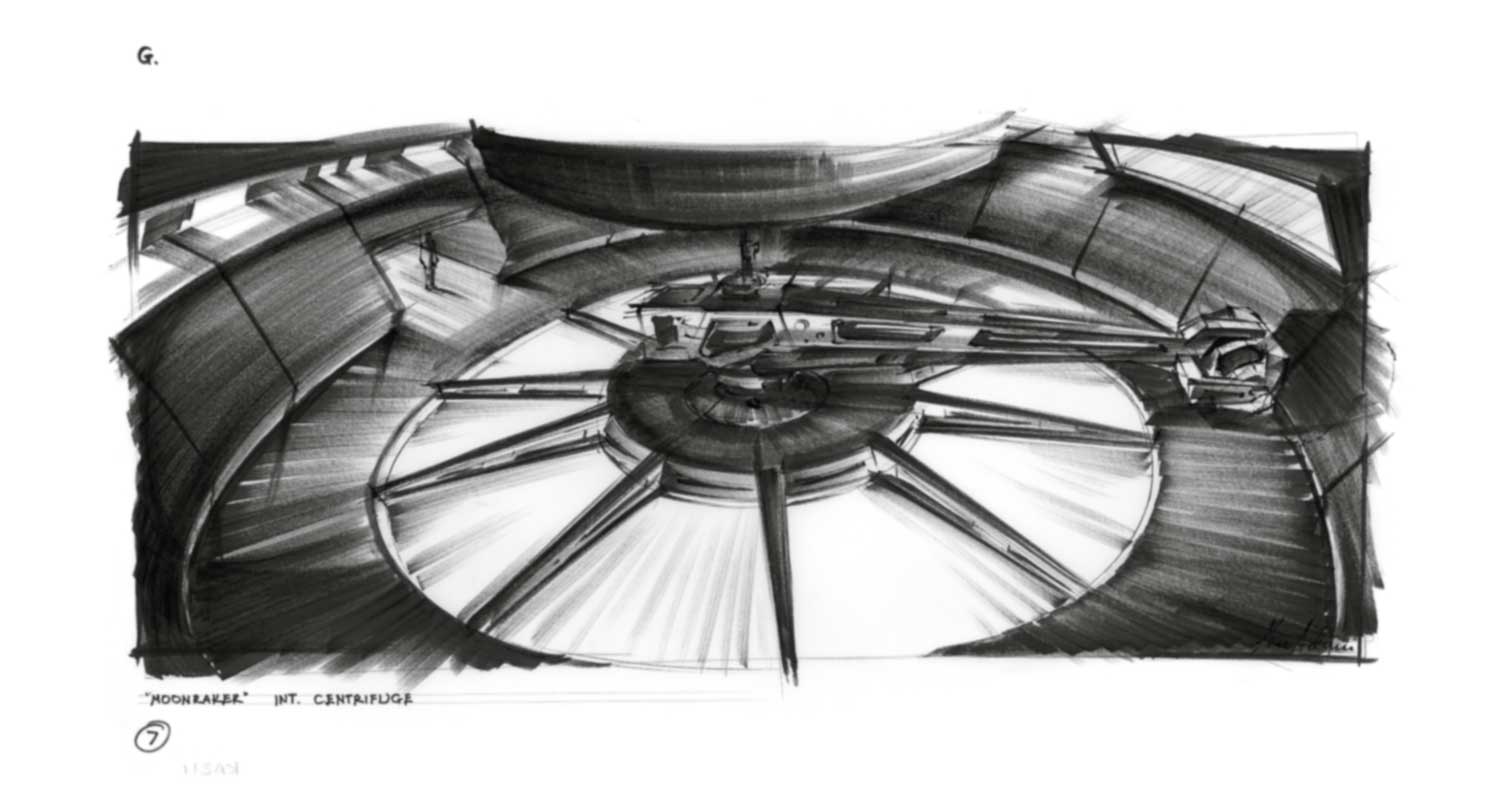

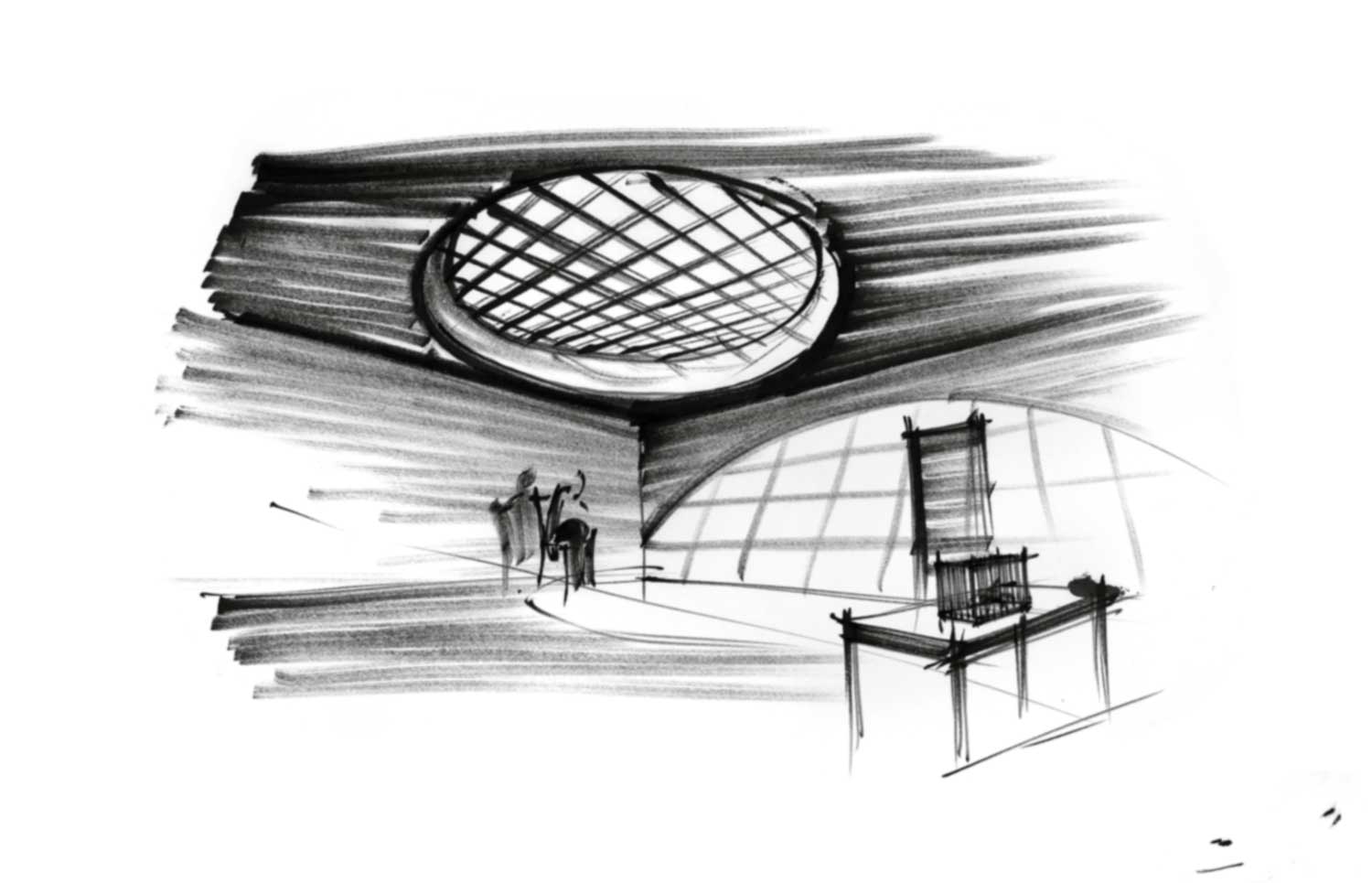
The multi Oscar® and BAFTA winning production designerSir Ken Adam worked on seven of the early Bond films andwas responsible for some of the most memorable andoutlandish film sets and locations of the 20th century.
As production designer on Goldfinger (1964), it was Adamwho first visualised the Aston Martin DB5 with gadgets,drawing on his experience as a World War II fighter pilot andhis enduring love of sports cars.
Fans of Adam and his work will have seen pictures of him,smoking endless cigars, working at his raked drawing tablewith lamps on either side to eliminate shadows. Thephotographs in this section show an environment whichreflects this creative process alongside some of his moststriking and original designs.
Watch
Sir Ken Adam became famous for his futuristic, modern andlargescale vision, transporting audiences into a world which waslarger than life. His signature sets include the subterraneanvillain’s lair in Dr No (1962), Blofeld’s secret rocket complex insidea volcano in You Only Live Twice (1967) and the supertanker setincluding threefull-size nuclear submarines in The Spy WhoLoved Me (1977) for which a new sound stage was built as noneat Pinewood Studios were big enough.
Born Klaus Adam in 1921 to a German Jewish family, Adamemigrated to the UK in 1931 with his family when anti-Semitism inGermany was on the rise. At the start of the second world war hefound an apprenticeship designing bomb shelters before beingaccepted into the Royal Air Force Volunteers Reserve as a pilot.
Lorem ipsum dolor sit amet, consectetur adipiscing elit. Suspendisse varius enim in eros elementum tristique. Duis cursus, mi quis viverra ornare, eros dolor interdum nulla, ut commodo diam libero vitae erat. Aenean faucibus nibh et justo cursus id rutrum lorem imperdiet. Nunc ut sem vitae risus tristique posuere.
Lorem ipsum dolor sit amet, consectetur adipiscing elit. Suspendisse varius enim in eros elementum tristique. Duis cursus, mi quis viverra ornare, eros dolor interdum nulla, ut commodo diam libero vitae erat. Aenean faucibus nibh et justo cursus id rutrum lorem imperdiet. Nunc ut sem vitae risus tristique posuere.
Siege of Skyfall Lodge
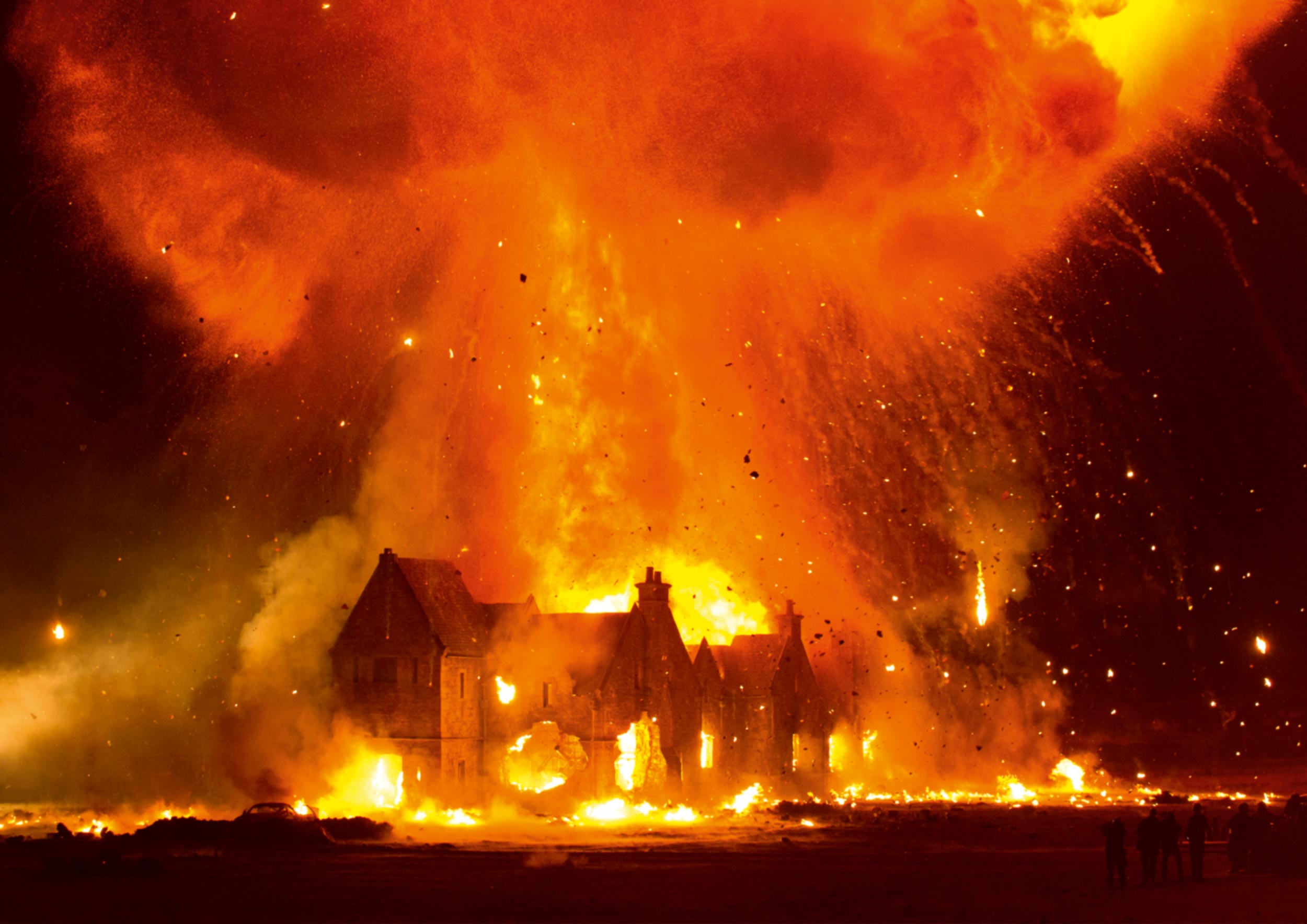
By 2012 the Aston Martin DB5 was fully established as a Bond character in itsown right, making its destruction during the explosive Siege of Skyfall Lodgesequence all the more shocking. Bond films are famous for spectacular real, ‘incamera’ effects and for this scene the filmmakers needed to find a way to blowup the car, a lodge and a helicopter as realistically and safely as possible. Toachieve this they created a 1/3 scale model of each of these, filmed theircarefully choreographed destruction, and intercut footage from this shoot withfootage from the full-scale set.


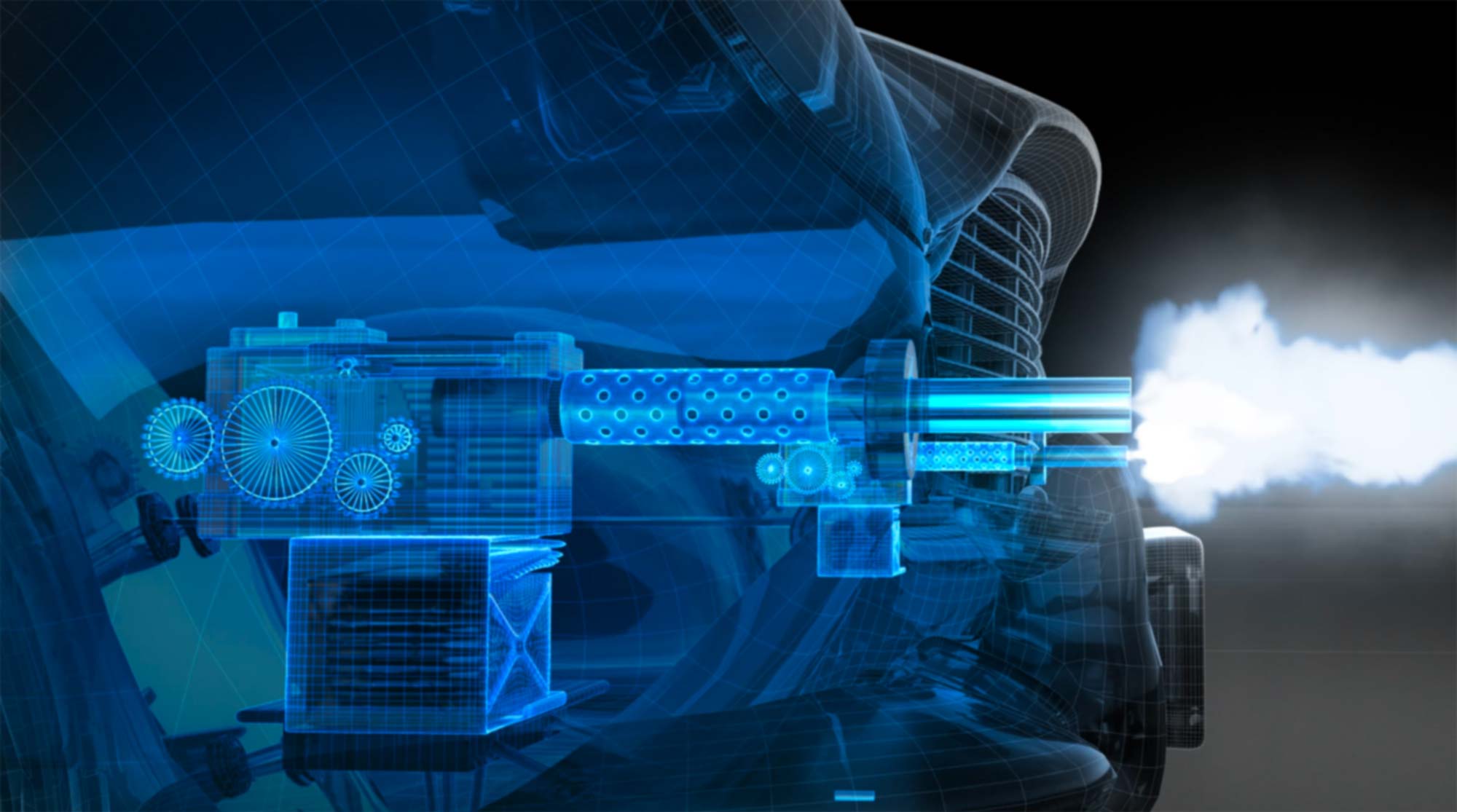
model of Skyfall Lodge
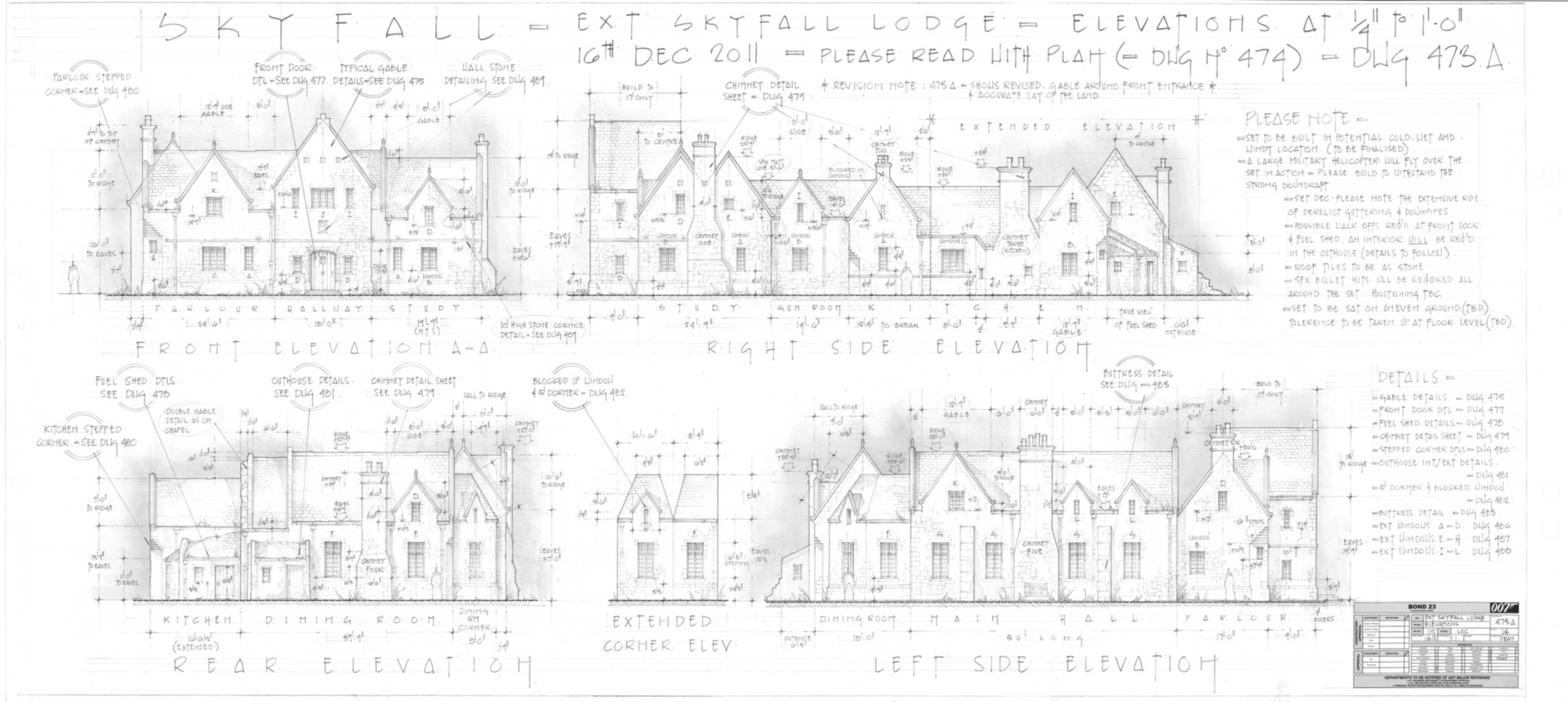
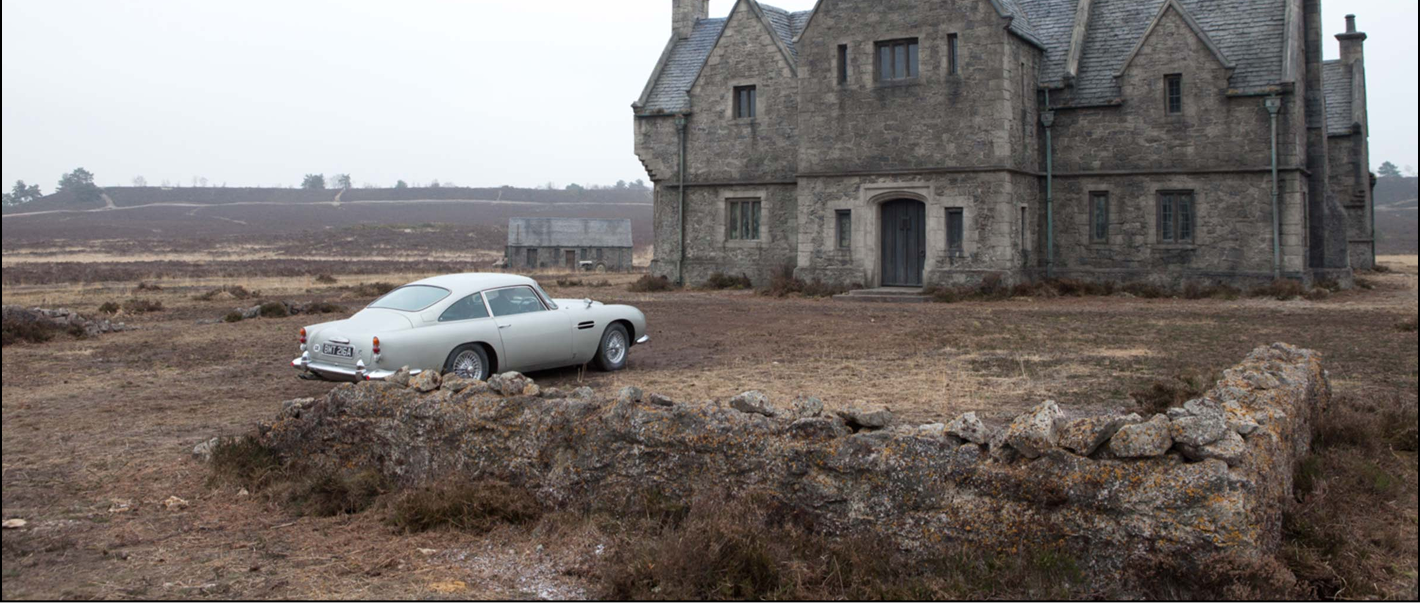
This section is centred around one of the 1/3 scale
models
of the DB5, which was made and then heavily distressedfor the later stages of the lodge’s destruction. Thefollowing photograph shows the model DB5 in front of arecreated 1/3 scale model of the lodge itself. Around thelodge you can see oversized technical drawings, whichDean Clegg, the art director for the sequence in Skyfall(2012), re-drew from his originals, so it appears as if thelodge is protruding from these plans.
In this section, four of the key players in bringing this scene to life talkthrough the plans, models and concept artwork they designed andused to achieve this memorable sequence. They are Dennis Gassner(production designer), Dean Clegg (art director), Chris Corbould(special effects and miniature effects supervisor) and Steve Begg(visual effects and miniature supervisor).
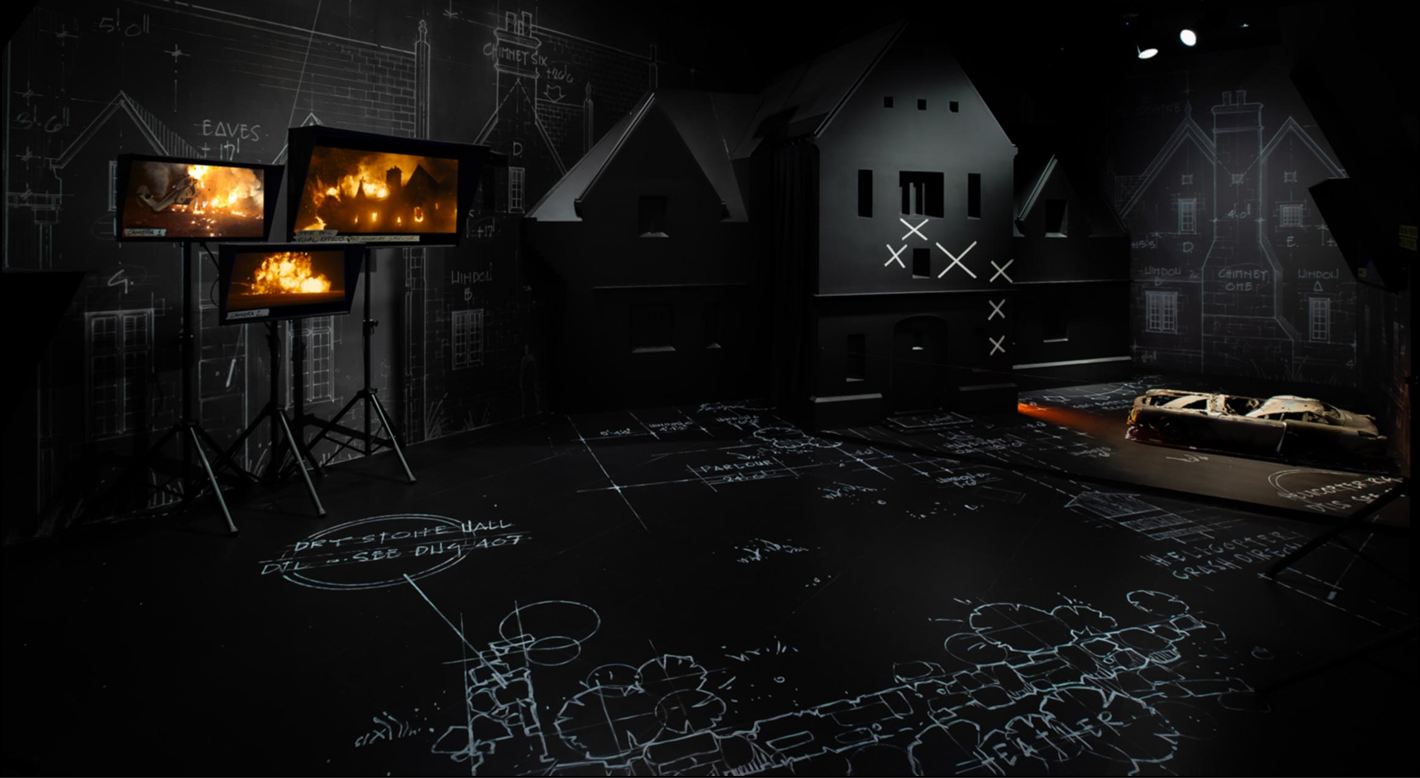
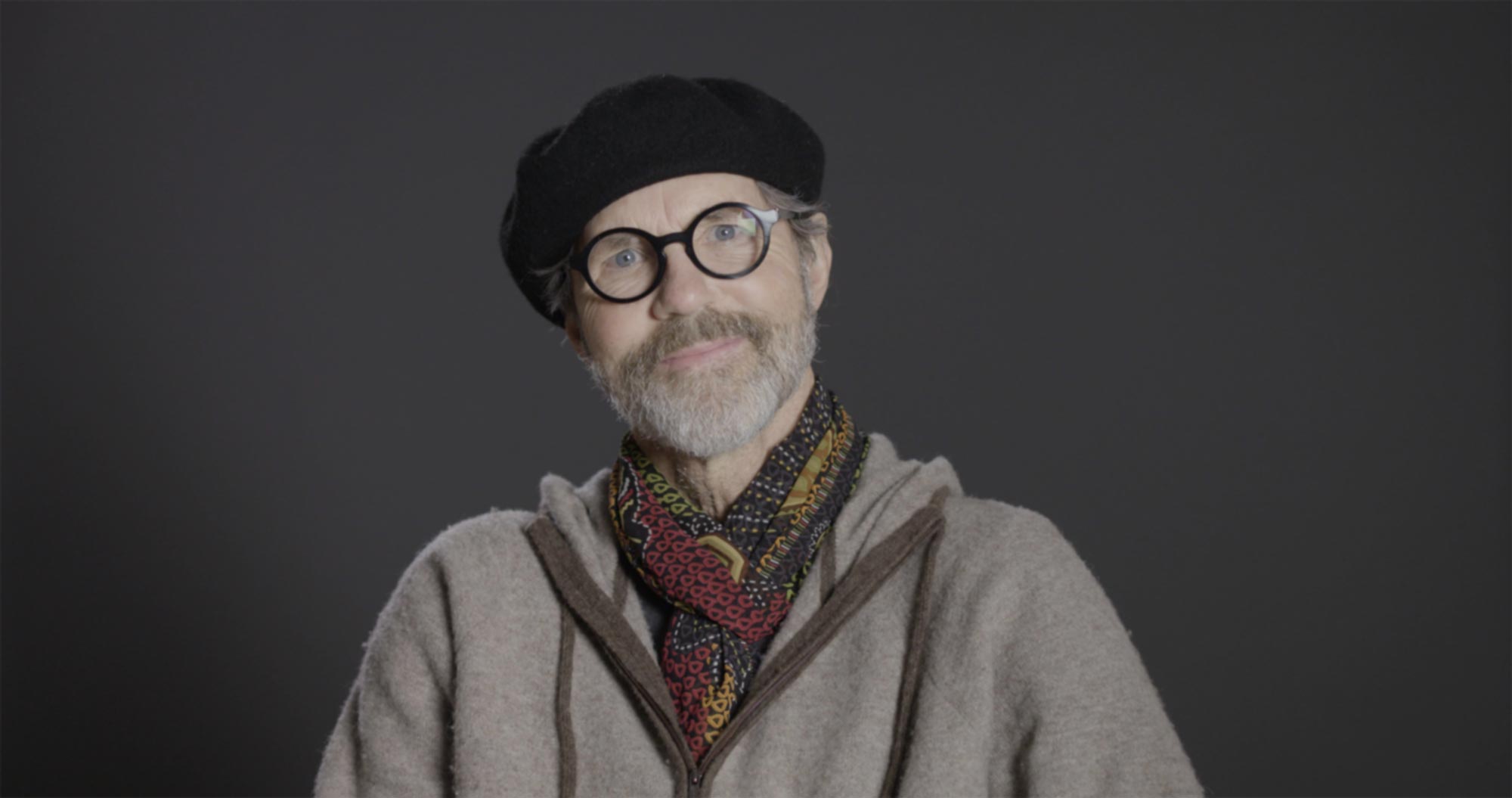
Dennis Gassner
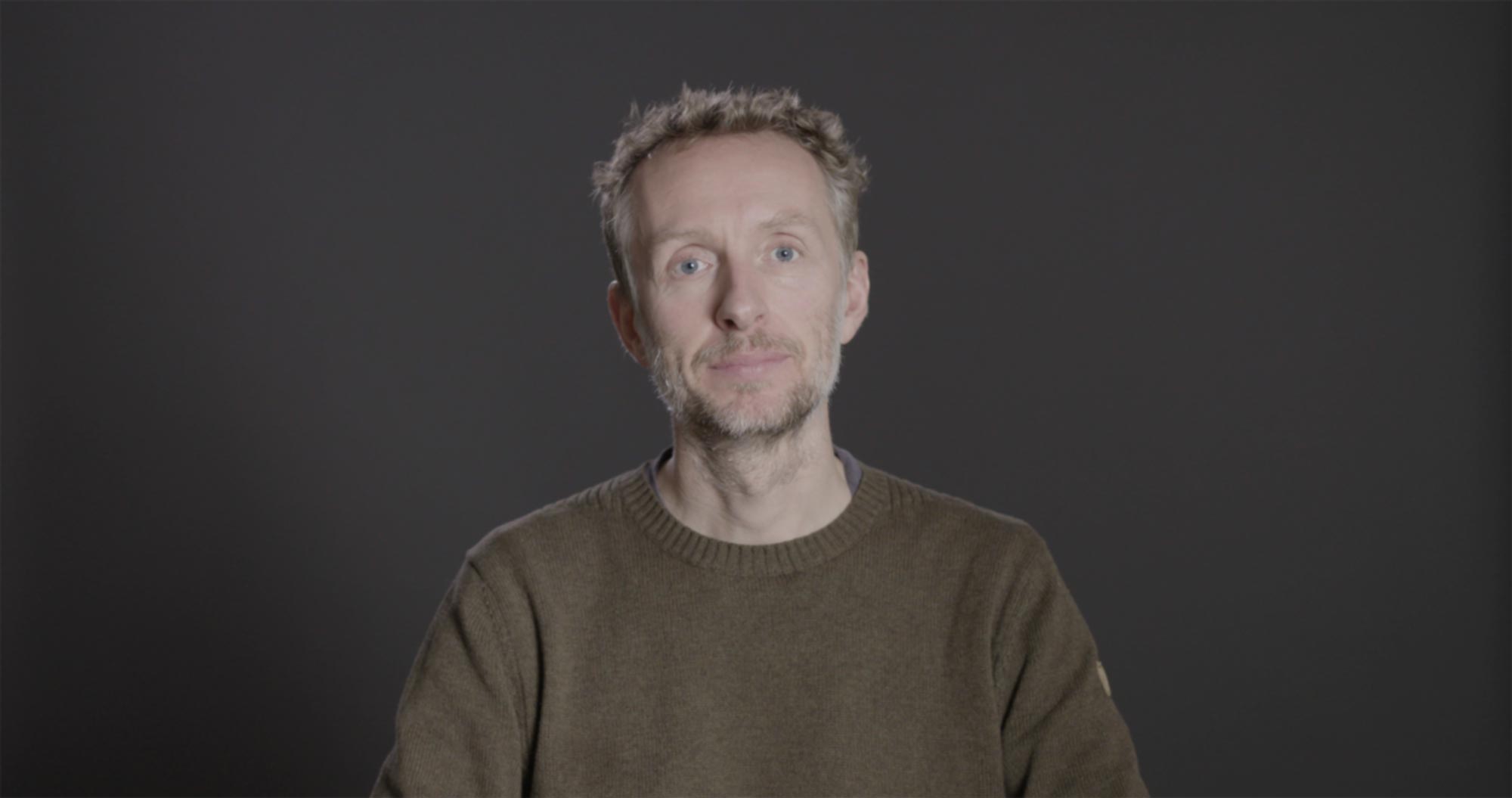
Dean Clegg
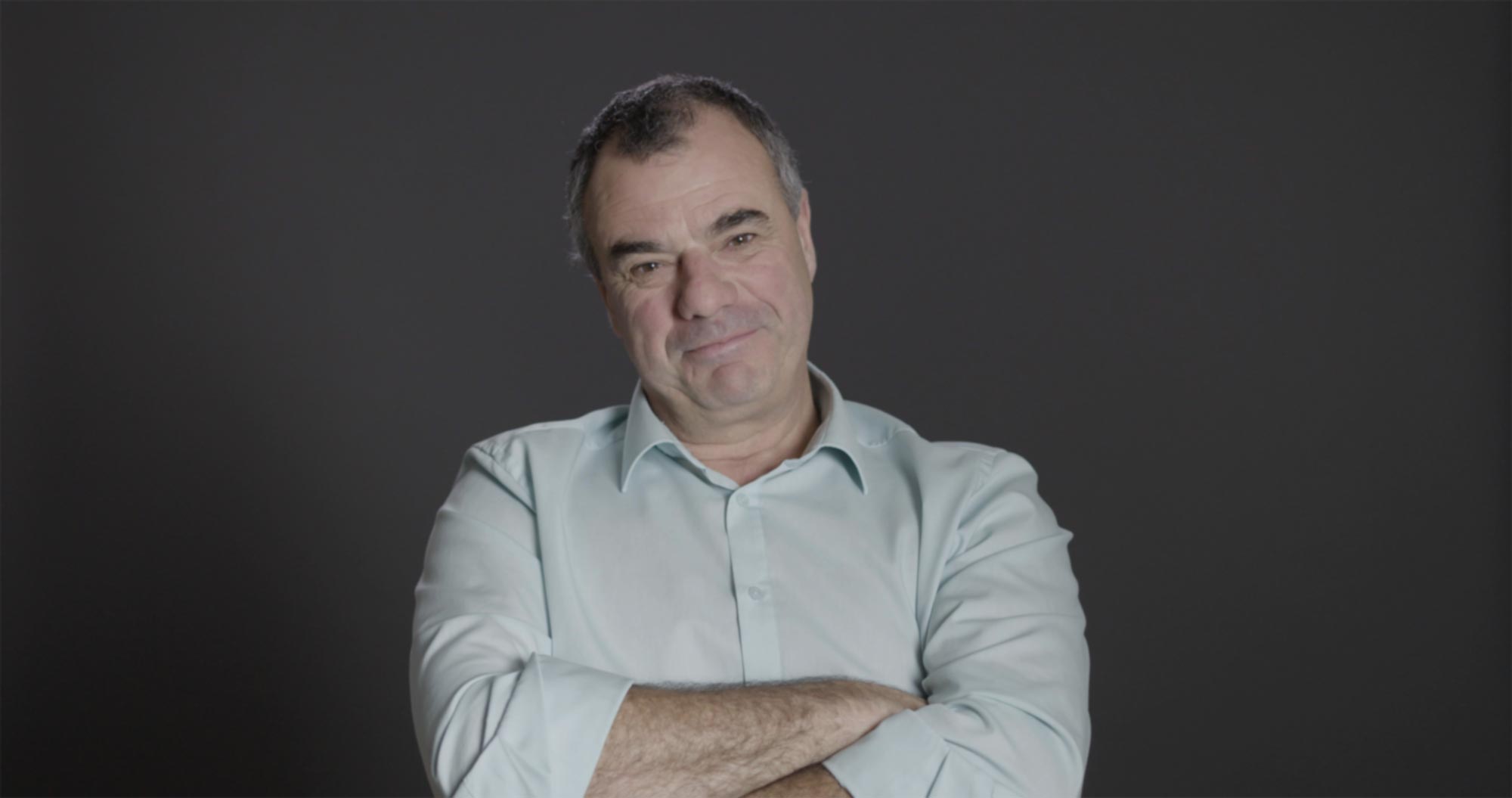
Chris Corbould
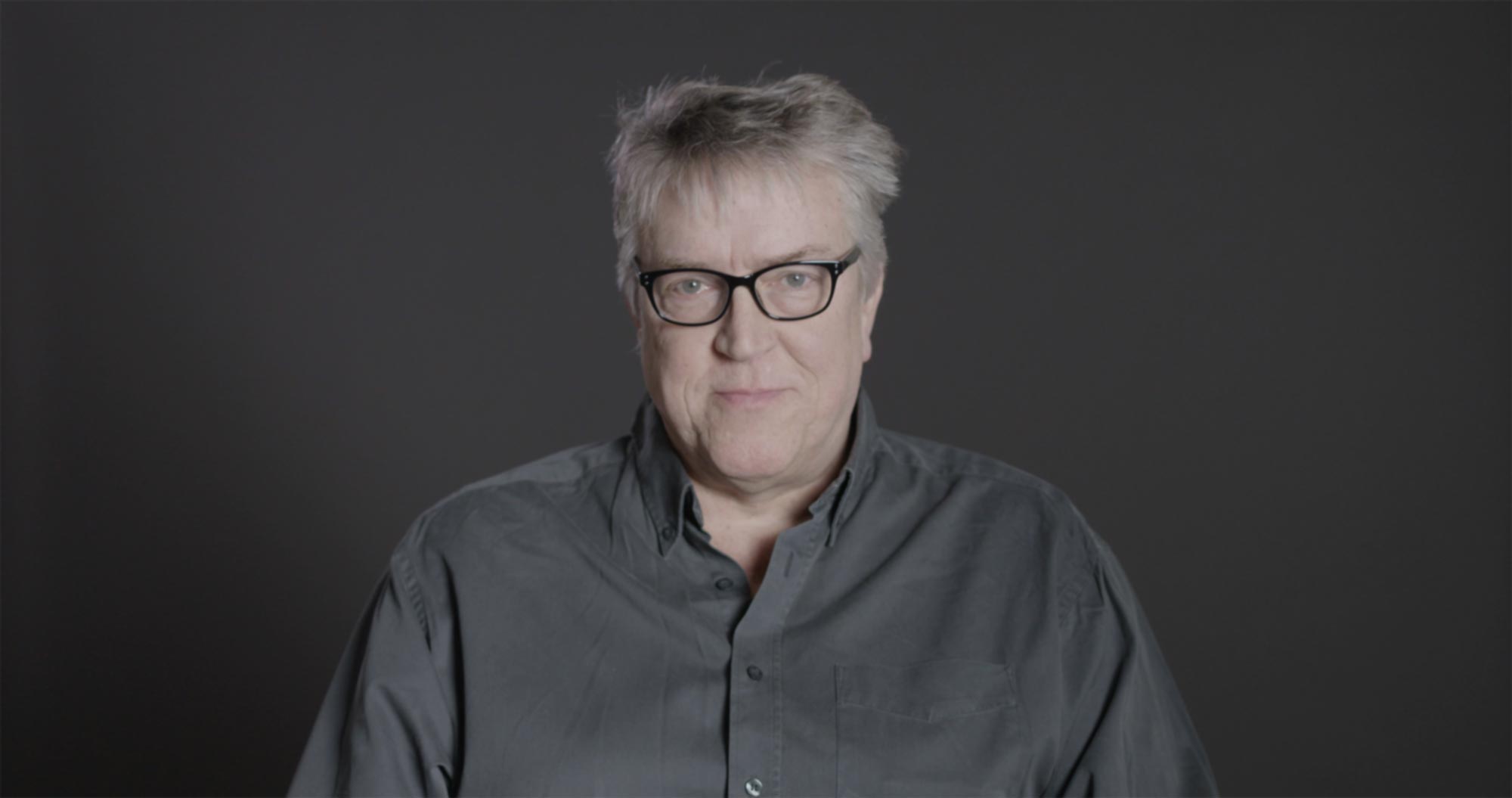
Steve Begg
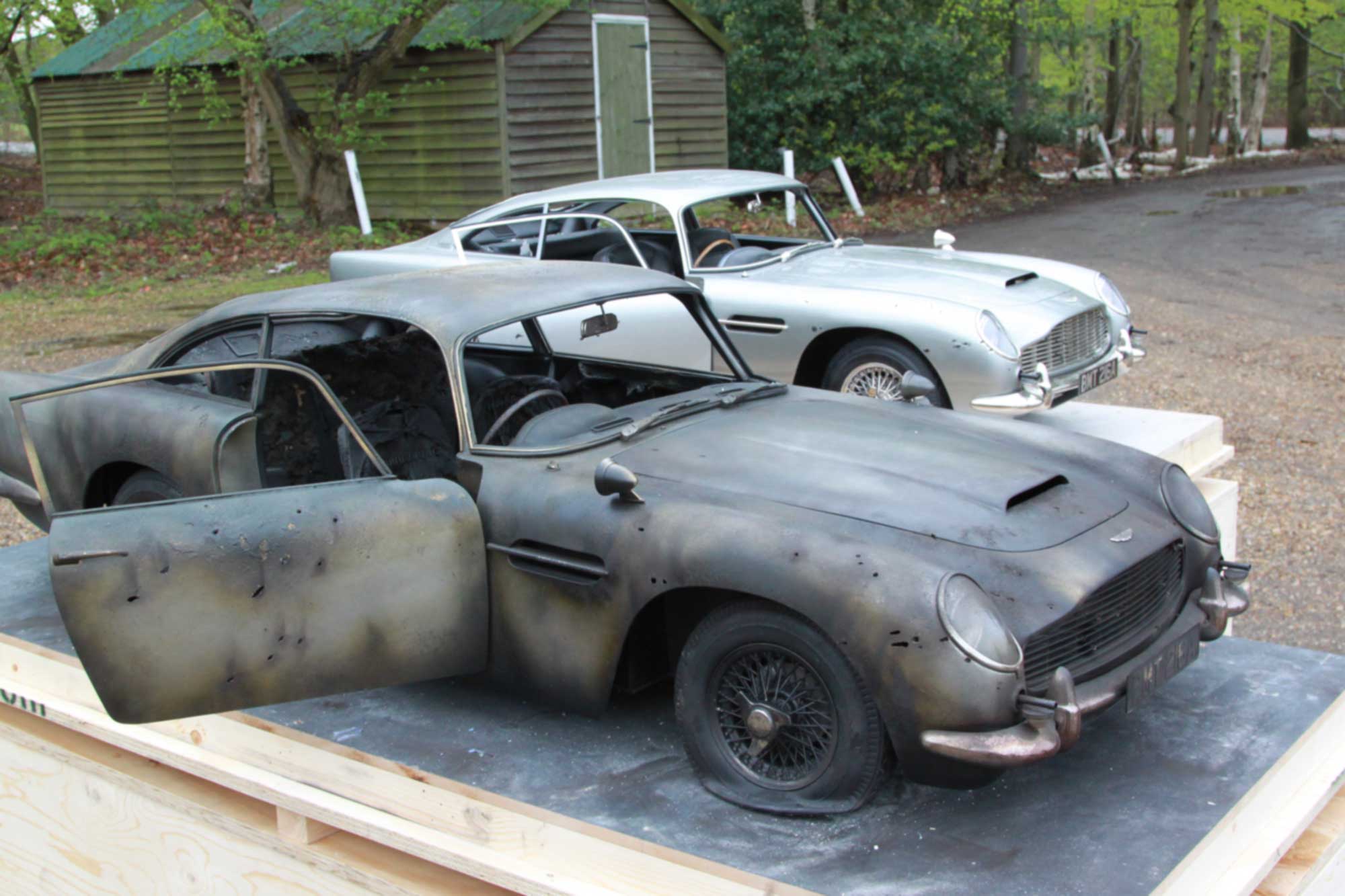


SCREENING ROOM
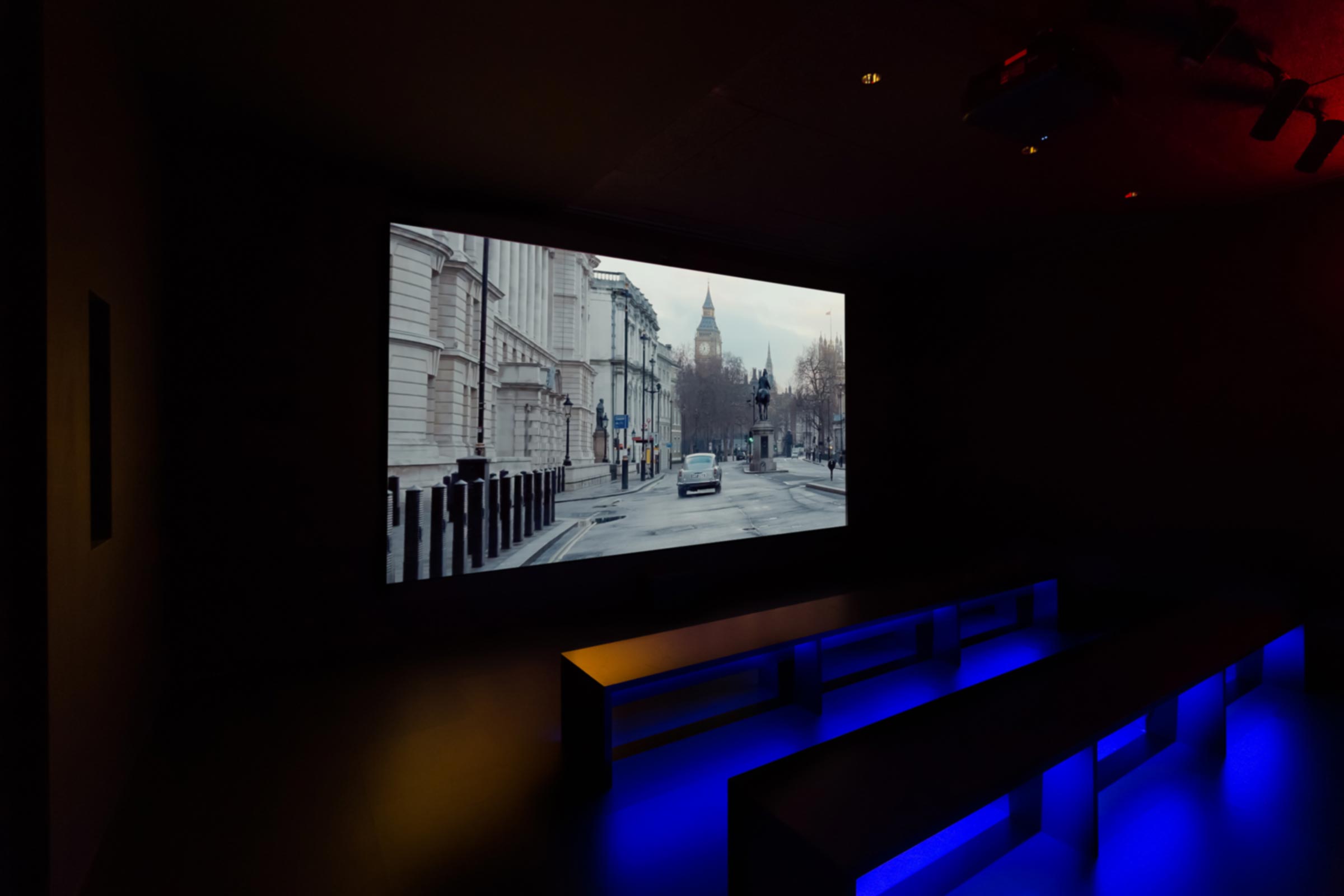
This final section marks a return to the cinematicexperience – an opportunity to remember the AstonMartin DB5 in all its glory, full size and full volume.

Watch
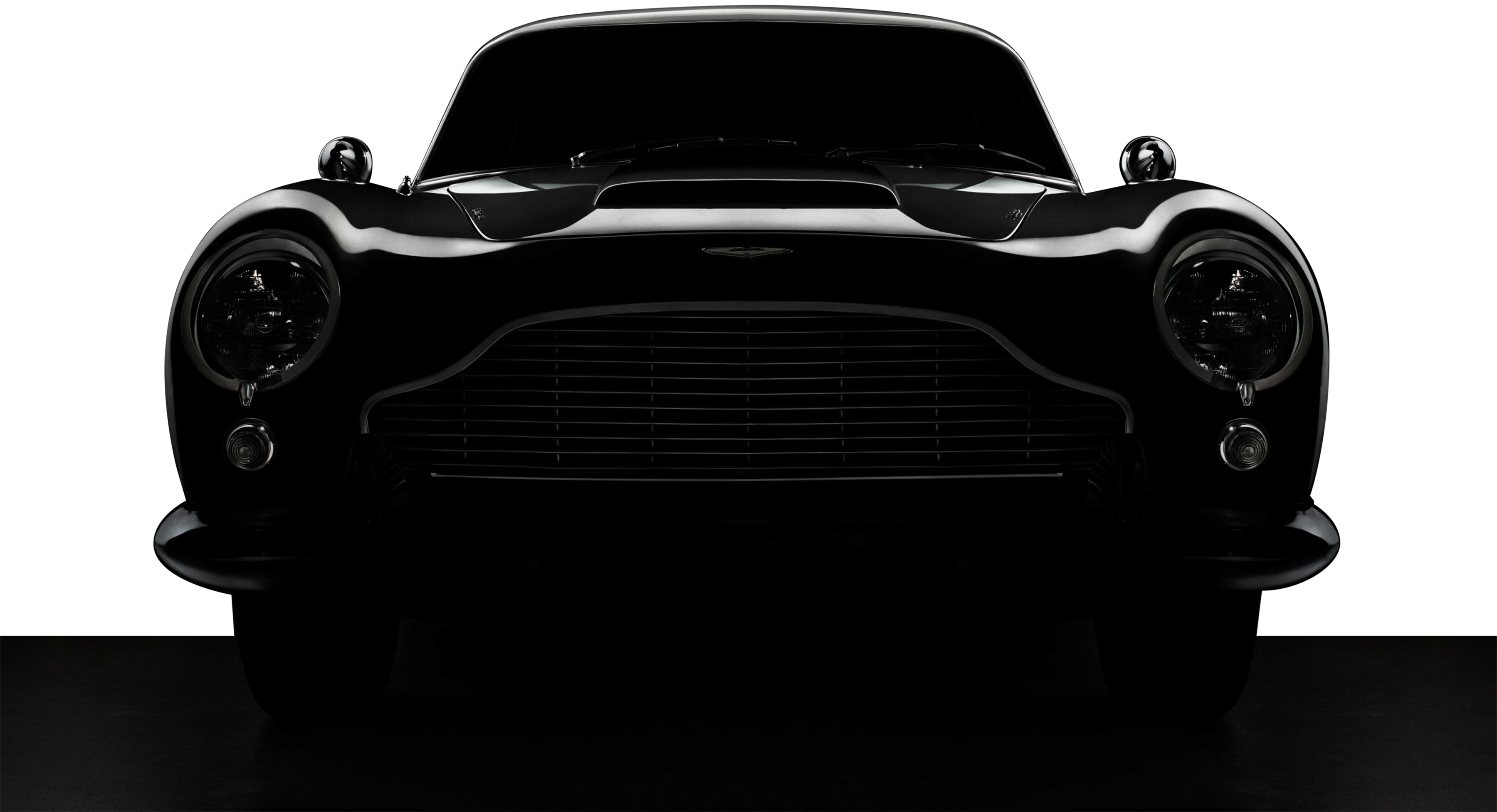
spy skills evaluations



